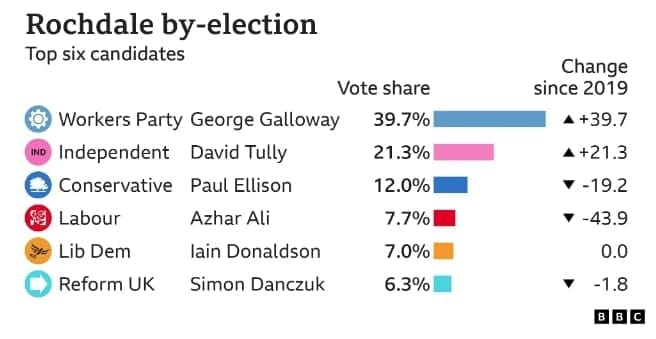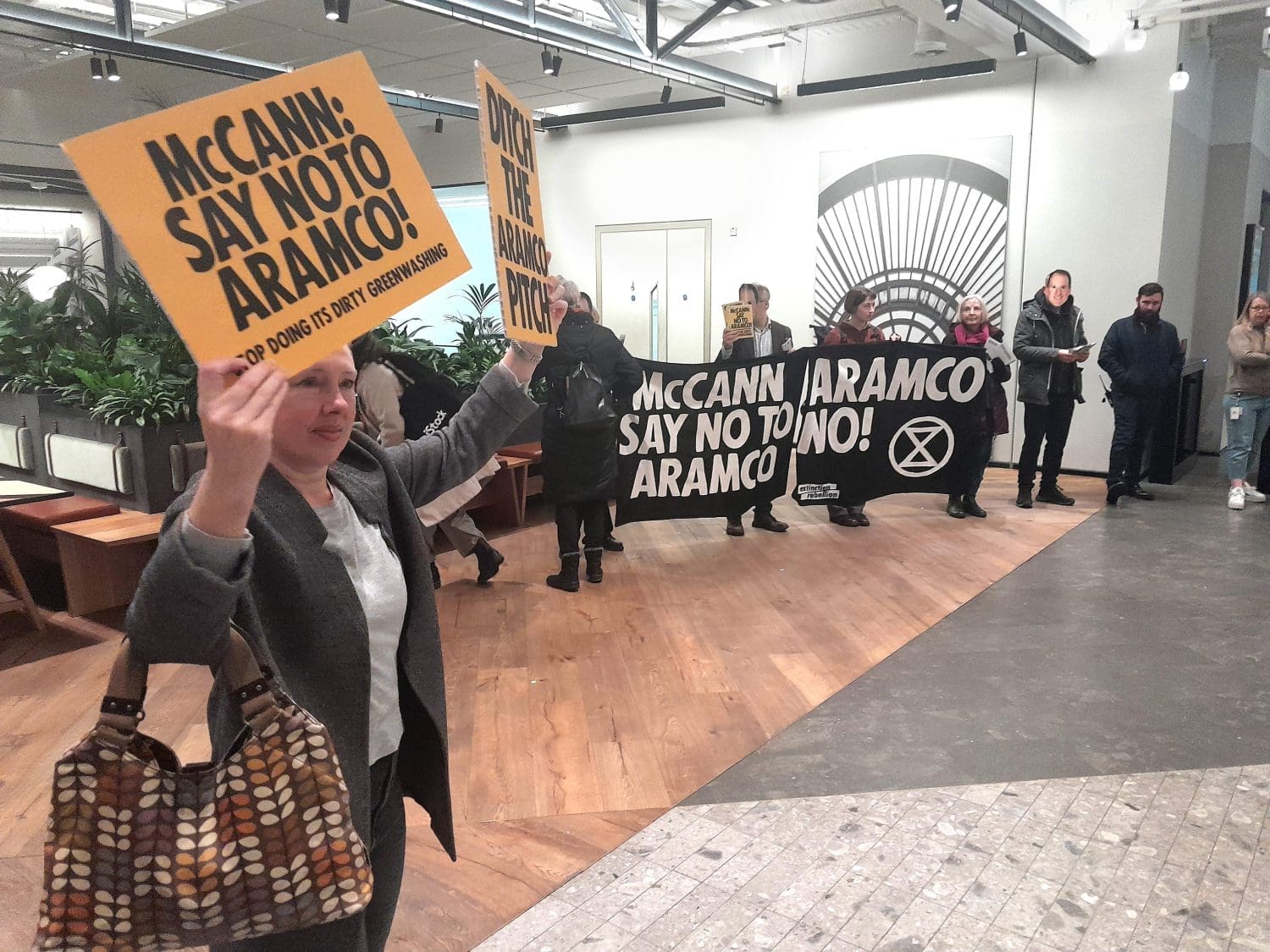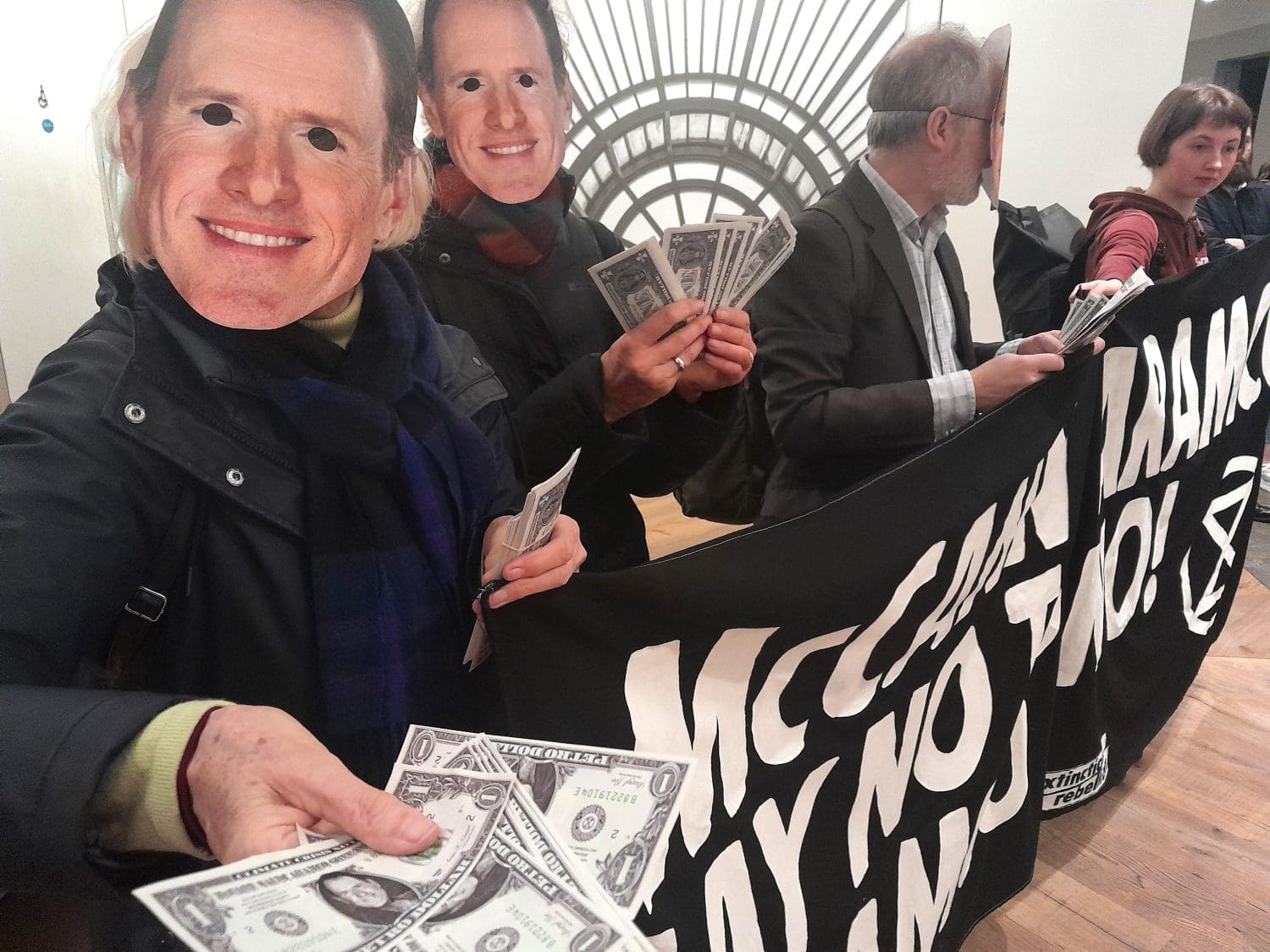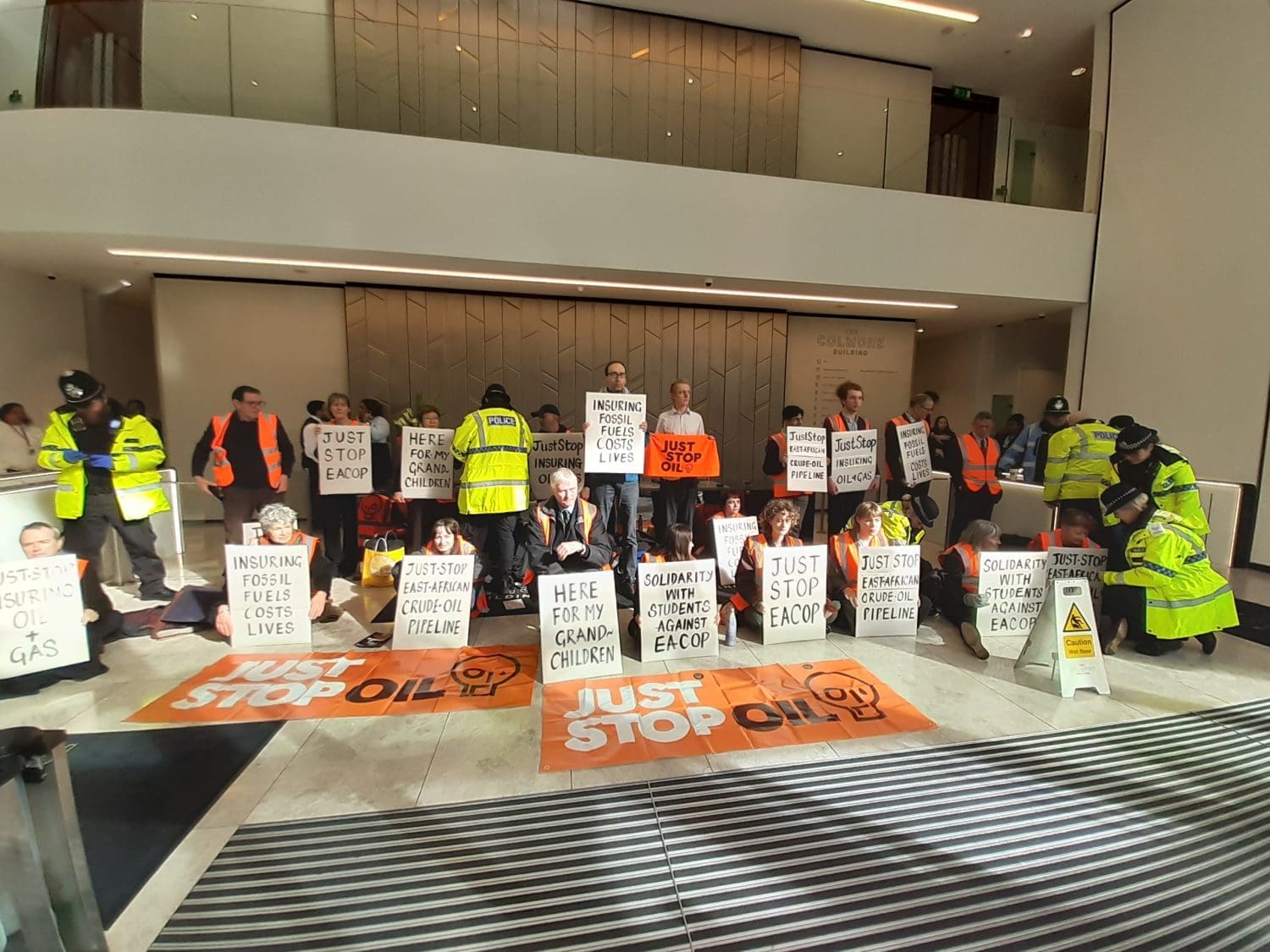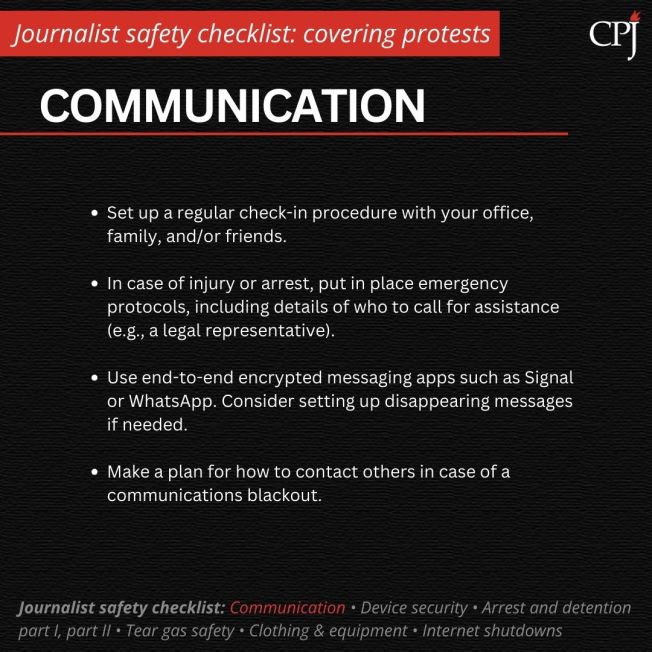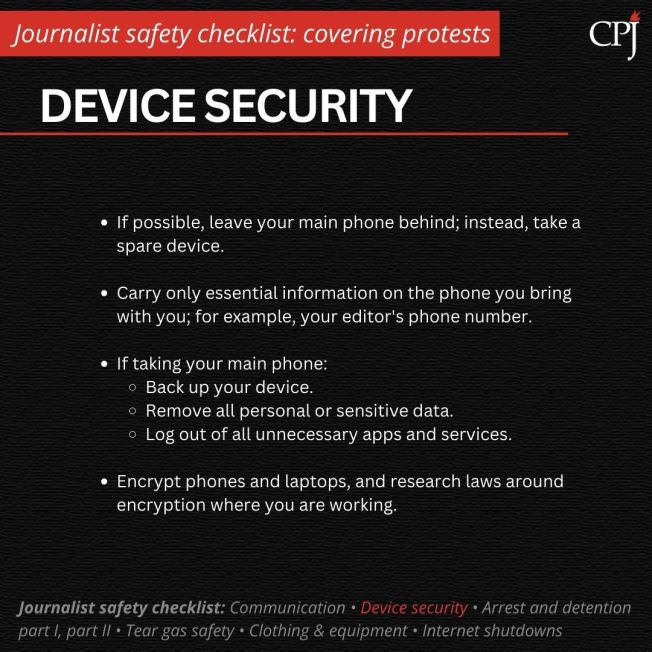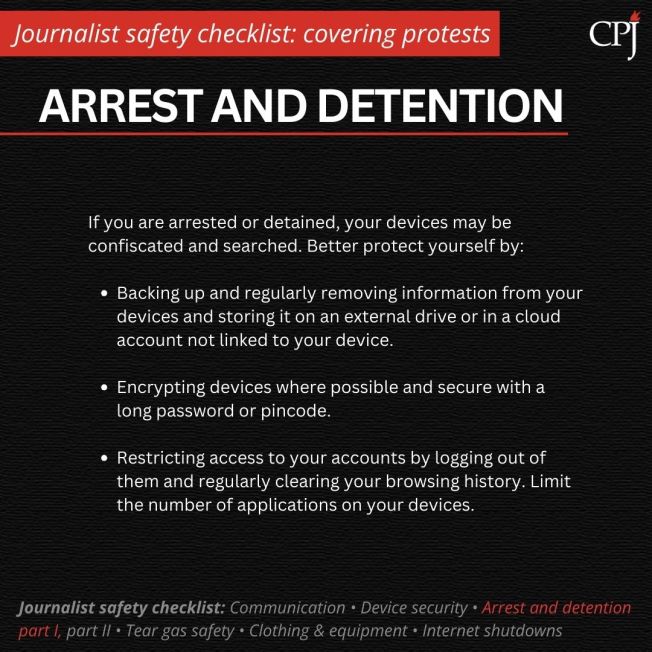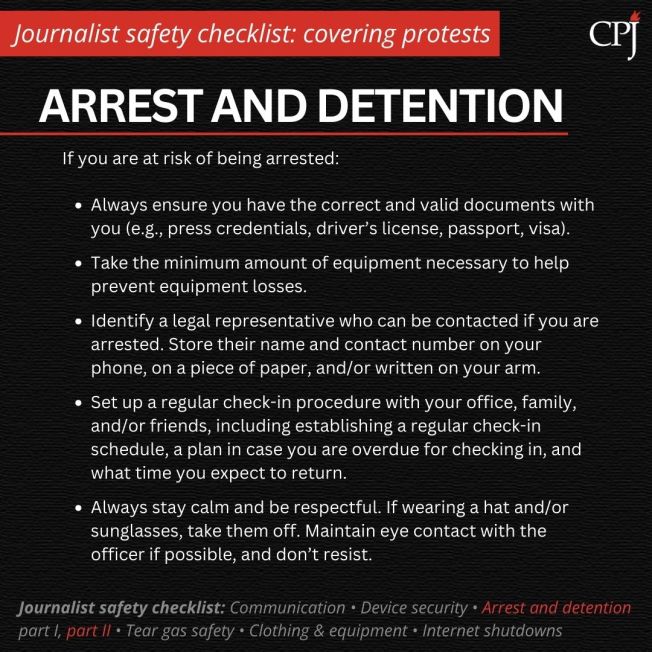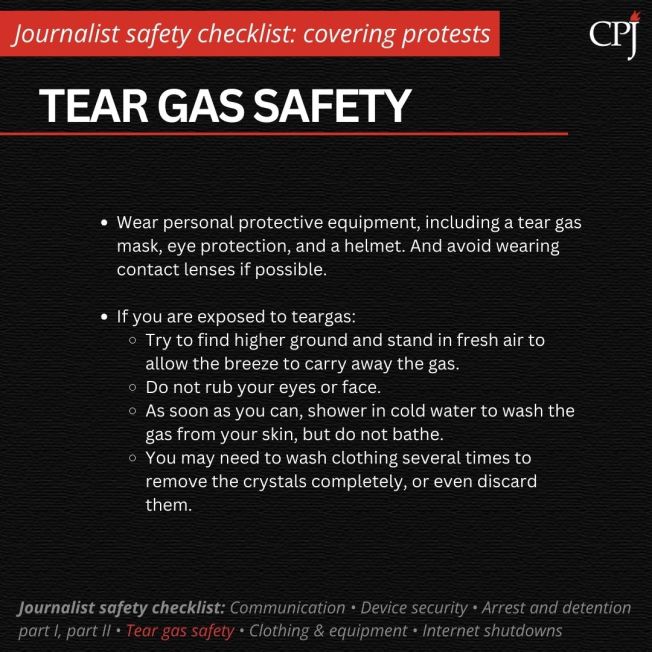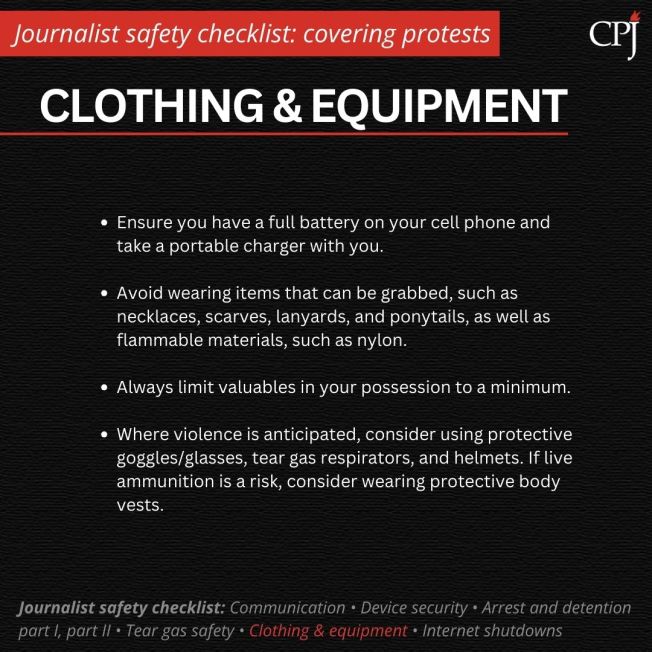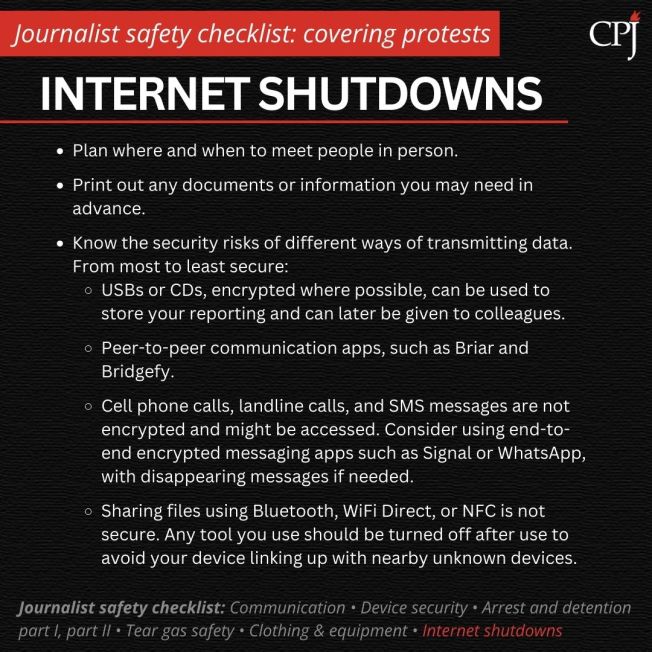On Tuesday 5 March, mainstream media outlets were ablaze with the news of an arson attack that brought Tesla factory in Grünheide, Germany, owned by multi-billionaire Elon Musk to a grinding halt. A group of climate activists claimed responsibility for the sabotage of a nearby electricity pylon which caused the shut-down.
Musk branded the Vulkan – Volcano – Group who carried out the sabotage as “eco-terrorists”. Yet, the perpetrators of social and environmental violence against communities and nature are the true criminals – and Musk is no exception.
He’s is no climate hero
Naturally, the usual clamour of climate tech bros, Muskrats, and Musketeers – whatever Elon stans are calling themselves these days – rallied behind him on X. Seemingly, they were incensed that activists would attack the electric vehicle factory of the self-professed climate visionary.
But let’s be real: Elon Musk is no climate hero.
Firstly, the factory in question. Yes, it does manufacture parts for electric vehicles (EVs), and yes, these are better for the climate. EVs do produce less in greenhouse gas emissions than petroleum combustion vehicles. However, as I have previously pointed out, EVs are also not a panacea to the climate transport problem.
There’s still the not so small matter that producing vehicles to replace the entire existing petroleum fleet will generate a lot of emissions. On top of this, you have the pollution and ecological destruction of extracting the multitude of critical minerals required for their manufacture. Not to mention the labour violations, rights abuses, and land-grabbing linked to mining for these materials.
Incidentally, Musk knows all about these unconscionable crimes too. In its statement about the action, the Vulkan group catalogued a comprehensive, yet notably non-exhaustive, rap-sheet of Musk’s misdeeds.
In Indonesia, Survival International has tied Tesla supply chains to the endangerment of an uncontacted Indigenous tribe. The company and its suppliers have violated workers’ rights in multiple countries. It sources battery materials from mining behemoth Glencore – twice topping the list for human rights abuses in the Business and Human Rights Resource Centre’s transition minerals allegations database.
Musk’s Tesla factory expansion
None of this is to even mention that the factory in Grünheide itself has posed no shortage of issues. The plant’s expansion will use up 1.4m cubic metres of water in a heavily drought-prone part of Germany. This equates to the water consumption of more than 30,000 people.
And that’s not all. A local water utility has accused the factory of polluting Berlin’s drinking water. It has alleged that Tesla has been exceeding its permits by six times the levels of hazardous pollutants.
Alongside this, a separate activist group has been fighting plans to raze a nearby forest for the expansion. Meanwhile, an undercover investigation by German outlet Stern revealed that the factory had put workers’ safety at risk. Employees have sustained severe injuries, including amputation and burns from the site.
In February, the local community overwhelmingly rejected plans for its expansion. Yet, the vote was non-binding, so the local authority will get the final say.
Sanctity of climate tech and profit
Any climate justice activist worth their salt knows that we don’t solve this intensifying crisis by replicating the same systems that instigated it in the first place. Elon Musk’s trail of green capitalist harms should be a damning indictment of this model.
What’s more, aside from being a serially exploitative human being, coloniser, and profiteer – Musk’s climate credentials are also highly questionable.
First up, there’s SpaceX. It’s not rocket science to recognise that a multi-billion dollar space tourism endeavour will come with stonking climate costs in emissions terms.
Then, there’s his reluctance to support improvements to public mass transit systems. Arguably, accessible public transit amenities are the just transport solution governments should be investing in to tackle the climate crisis. Alas, these don’t feature in Musk’s blueprint for the future.
Instead, his The Boring Company plans to build a network of private tunnels to – supposedly – alleviate traffic congestion. A snazzy-sounding side-hussle for the owner of the foremost EV business in the world. Unsurprisingly, his pet tunnel project hasn’t gotten anywhere fast. Musk’s pioneer bravado simply hasn’t matched reality: by the close of 2023, his company had built just 2.4 miles of tunnels.
Elsewhere, Musk has upheld the sanctity of so-called climate tech through and through.
For example, he has flung his philanthropic funds towards nascent climate solutions like carbon capture and storage (CCS). Increasingly, it’s clear that the technology is largely a smokescreen for the fossil fuel industry. Ultimately, CCS has simply thrown oil and gas majors a handy lifeline to continue their parade of environmental destruction, while sucking up and storing emissions mostly ineffectively.
Let’s also not forget about the climate shitshow that is now X, formerly Twitter. Climate denier accounts have been flourishing on the platform, spreading disinformation wide-scale.
Given all this, Vulkan Group’s action makes total sense from a resistance perspective against climate injustice.
Hitting capitalists like Musk where it hurts
Of course, Elon Musk’s reaction was laughably predictable. He took to X to decry the saboteurs as “the dumbest eco-terrorists on Earth” and “puppets of those who don’t have environmental goals”.
Contrary to Musk’s puerile response however – there was nothing “dumb” about an action that hit the forerunning fat cat of the billionaire capitalist class where it hurts – in the wallet.
The company has estimated that the outage will run losses into the hundreds of millions of euros. Of course, that’s a drop in the ocean for one of the richest humans on Earth.
What’s more, it pales in comparison to losses he’s suffered from his own self-inflicted business blunders. The tech and business extraordinaire wiped $25bn off his fortune in a single year thanks to his Twitter takeover, and managed to lose $41bn of Tesla shares – in just two weeks.
But ostensibly, the action’s power is not in pursuit of Musk’s profit loss alone, temporary or otherwise.
Andreas Malm’s scintillatingly titled book “How to Blow up a Pipeline” articulates how appealing to the institutions of power to protect people and the planet above profit is evidently failing. In that way, he argues that depriving the violent and environmentally unjust state and private forces of their capital is, in fact, a proportionate response.
Drawing on the works of American social history scholar R.H. Lossin, Malm argues that since governments will not be willing to forfeit profit, sabotage of property is necessary to “break the spell”:
A refinery deprived of electricity, a digger in pieces: the stranding of assets is possible, after all. Property does not stand above the earth; there is no technical or natural or divine law that makes it inviolable in this emergency. If states cannot on their own initiative open up the fences, others will have to do it for them. Or property will cost us the earth.
Moreover, he explains that:
the states have fully proven that they will not be the prime movers. The question is not if sabotage from a militant wing of the climate movement will solve the crisis on its own – clearly a pipe dream – but if the disruptive commotion necessary for shaking business-as-usual out of the ruts can come about without it. It would seem foolhardy to trust in its absence and stick to tactics for normal times.
In the footsteps of resistance to injustice
Of course, Vulkan Group also aren’t the first to implement more radical tactics. The Tesla action follows in the footsteps of brave activists who have taken non-violent direct action against other polluting projects. A major example is the Dakota Access Pipeline in the US. In that instance, activists quite literally turned off the taps to the fossil fuels by directly sabotaging an oil pipeline.
For that, the courts handed out harsh prison terms to the saboteurs. Meanwhile, of course, fossil fuel companies can spill oil, leak emissions, poison communities, and wipe out ecosystems without consequences. As such, it’s a supremely fucked up system when the people protecting the planet are locked behind bars, while ecocidaires are free to wreak their devastation upon the world.
Naturally, climate activists are also not the first or only group to employ the destruction of property to fight issues of extreme social injustice. Resistance to apartheid, export of genocidal arms, women’s suffrage, and Black Lives Matter are just a handful of the movements that have used similar tactics.
For many of these, activists targeted the infrastructure and source of oppression: capitalism itself. Indeed, in the Tesla factory’s case, activists aimed at shutting down an enterprise harming local communities and nature in the name of capitalist greed.
As ever then, the reality is that the capitalists killing the planet are the true criminals and extremists. The activists resisting the merchants of death are, and always will be my climate heroes. Especially those sticking it to the likes of a whiny ecocidal nepo baby like Elon Musk.
Featured image via Daniel Oberhaus/Wikimedia, cropped and resized to 1200 by 900, licensed under CC BY-SA 4.0
By Hannah Sharland
This post was originally published on Canary.


 STATEMENT: MAB condemns Govt's erosion of civil liberties & politicisation of anti-extremism. The redefinition is a cynical move to appease the hard-right, targeting mainstream British Muslim orgs. All political parties must oppose this Orwellian narrative.
STATEMENT: MAB condemns Govt's erosion of civil liberties & politicisation of anti-extremism. The redefinition is a cynical move to appease the hard-right, targeting mainstream British Muslim orgs. All political parties must oppose this Orwellian narrative. 
 …
… 
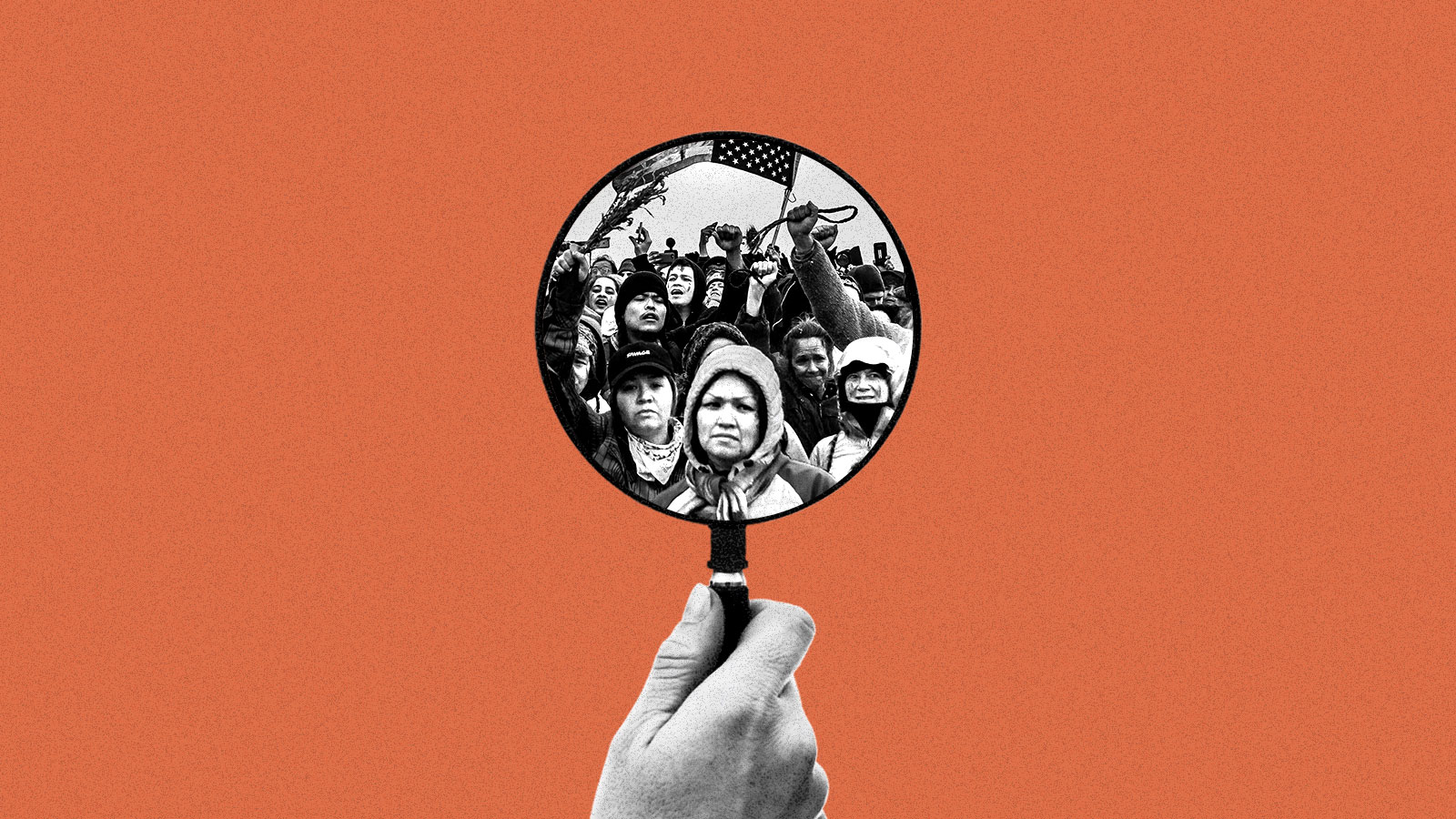









 John Woodcock, or Lord Walney, is advising the UK government on how to deal with pro-Palestine protests.
John Woodcock, or Lord Walney, is advising the UK government on how to deal with pro-Palestine protests.







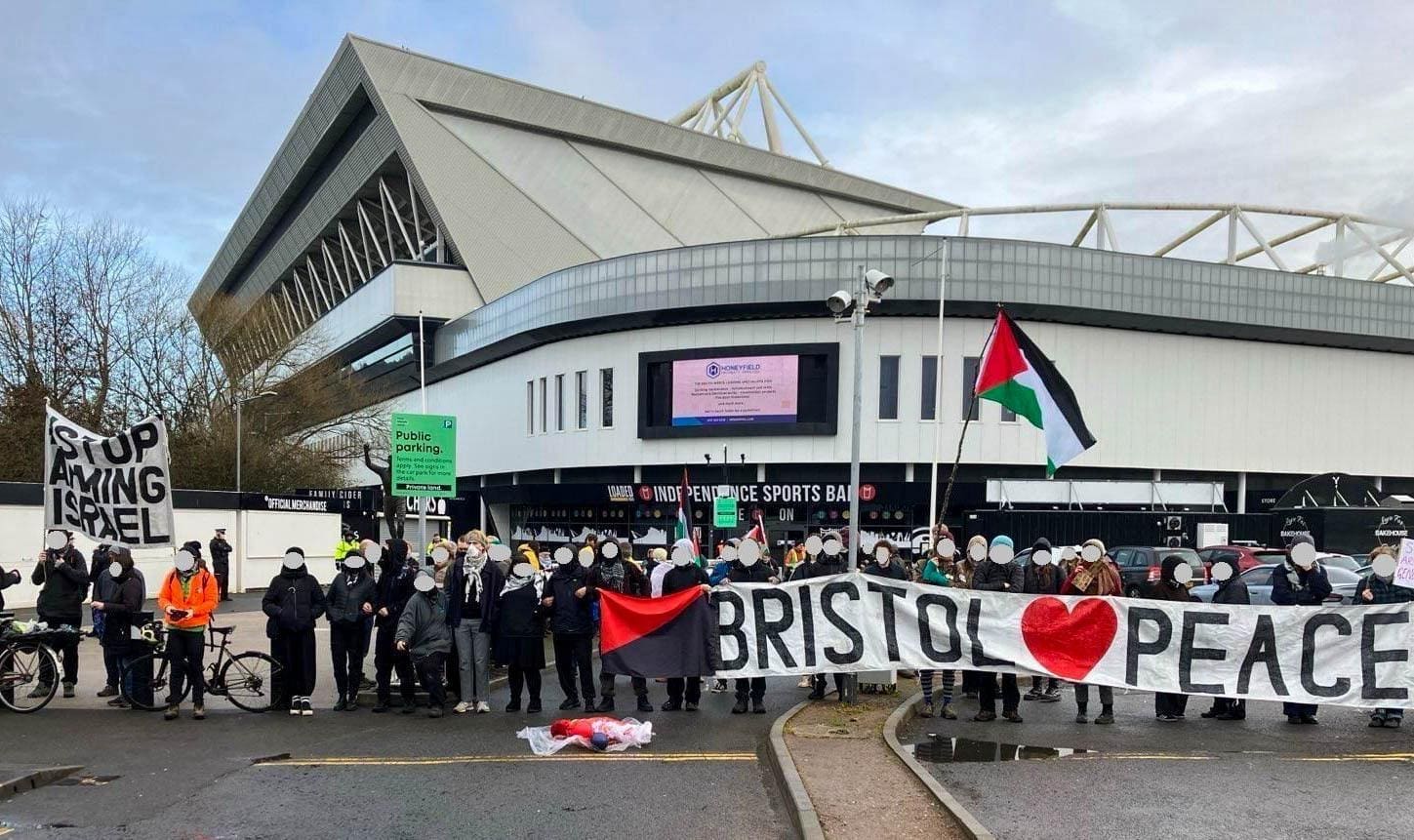
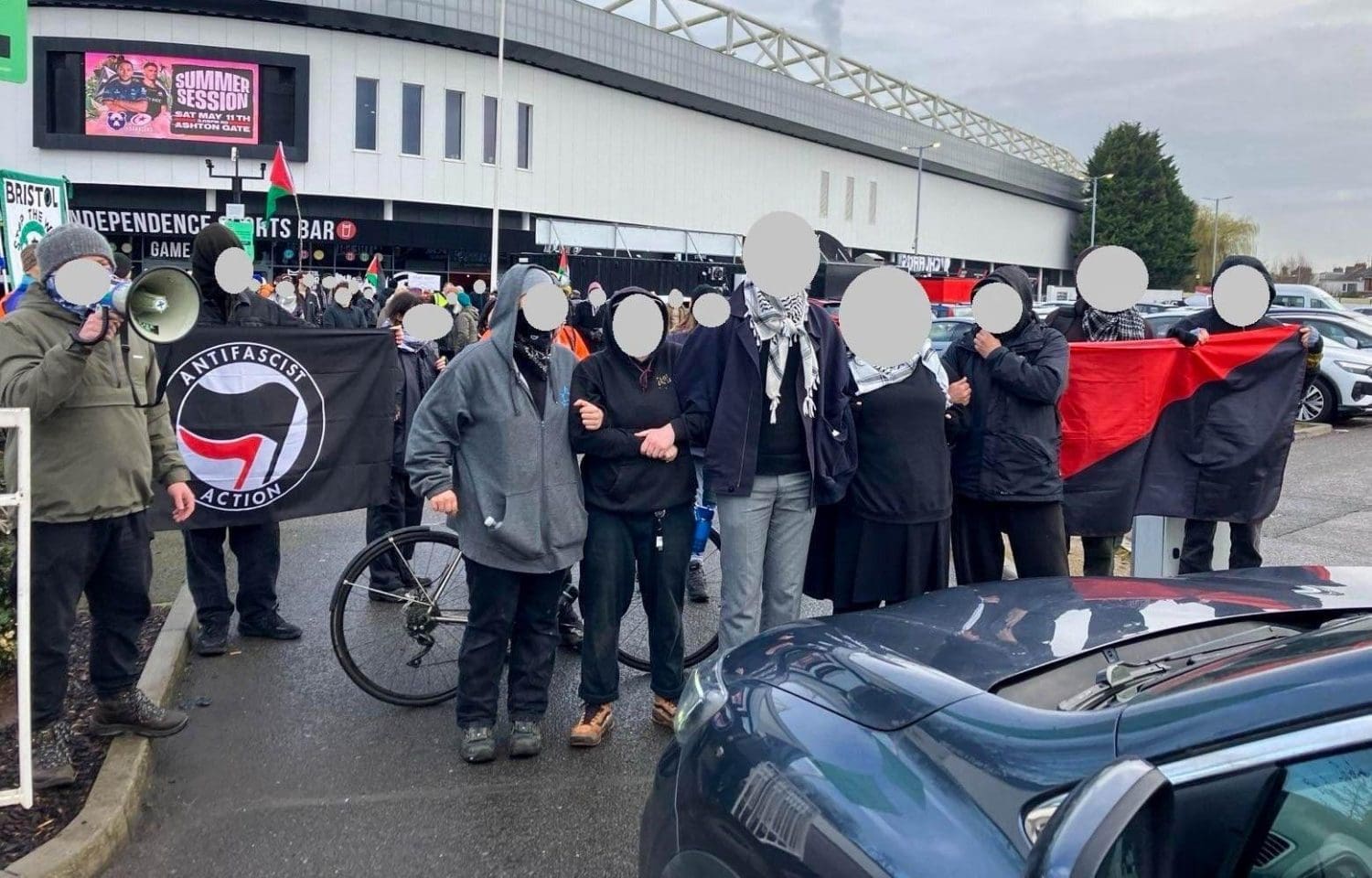
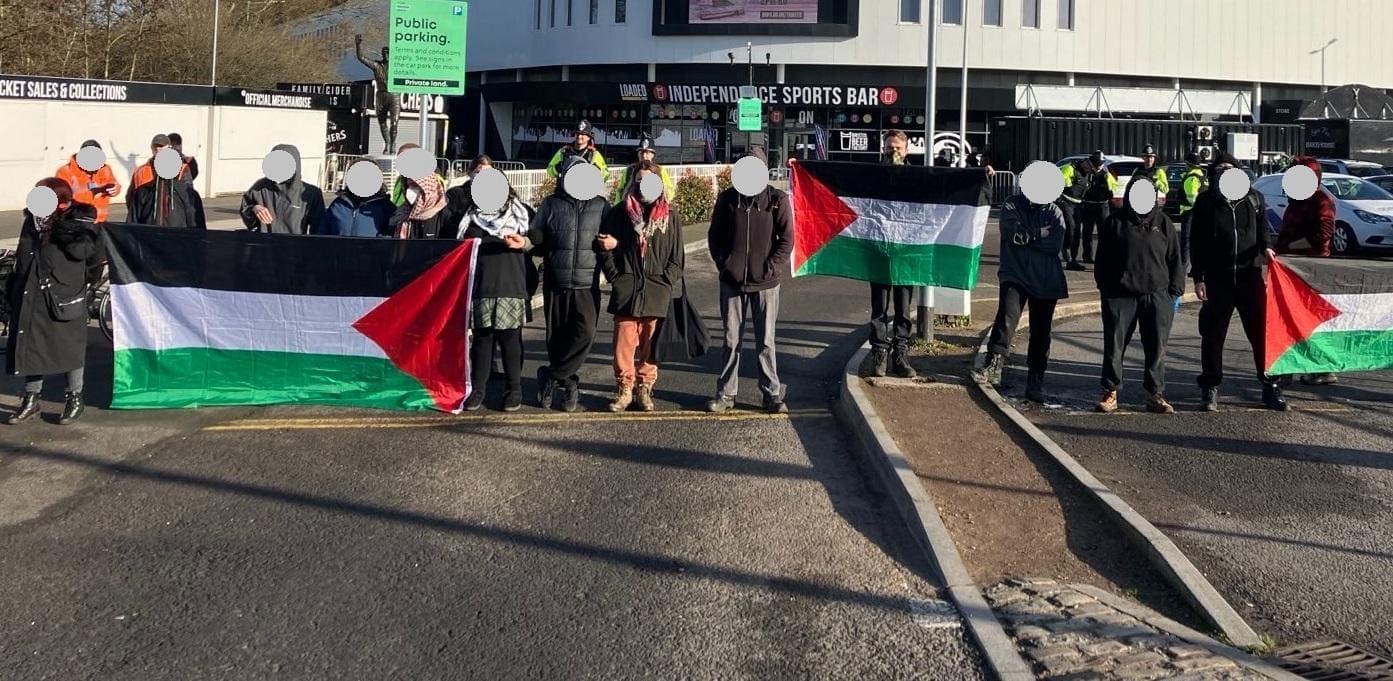
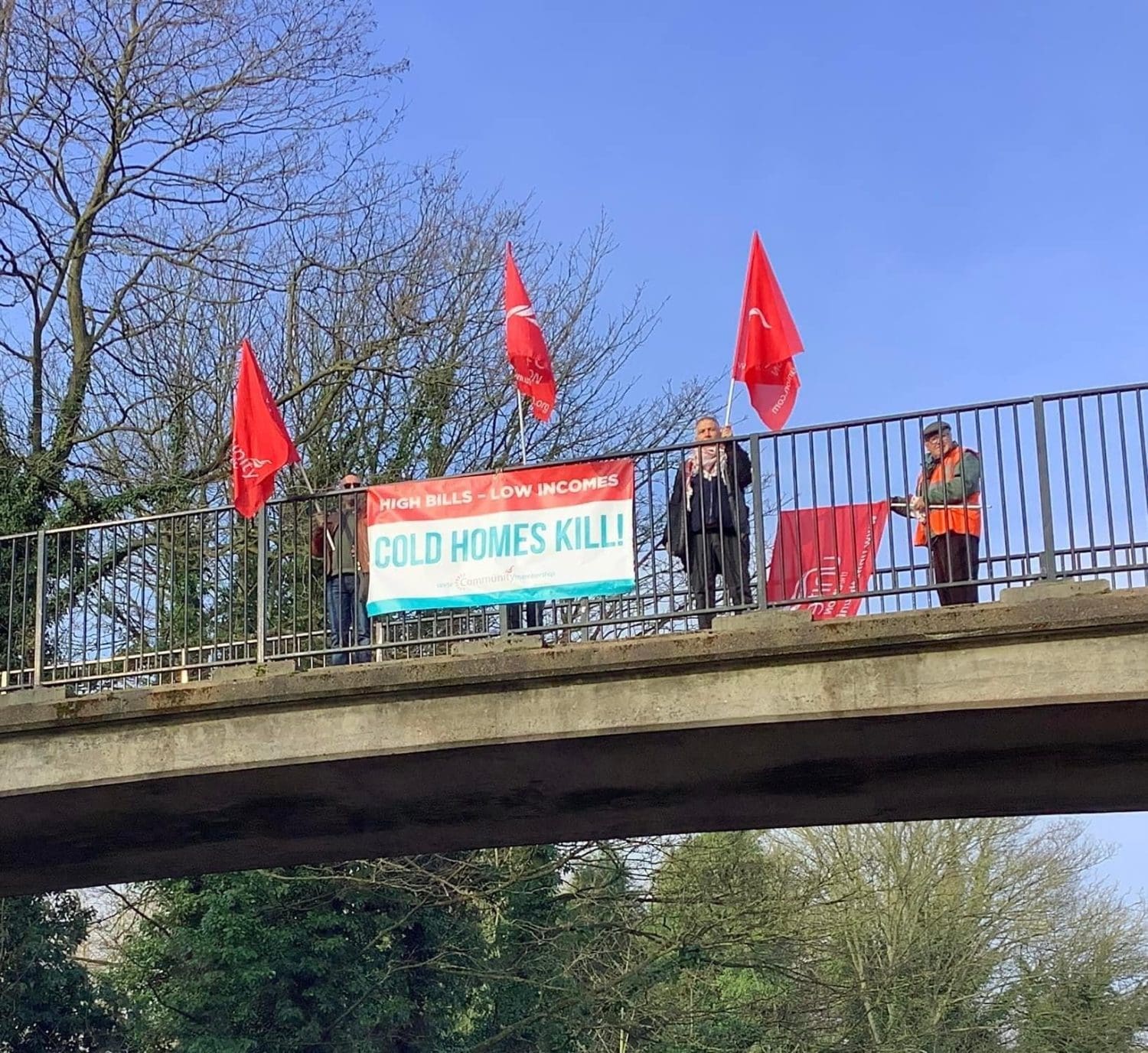
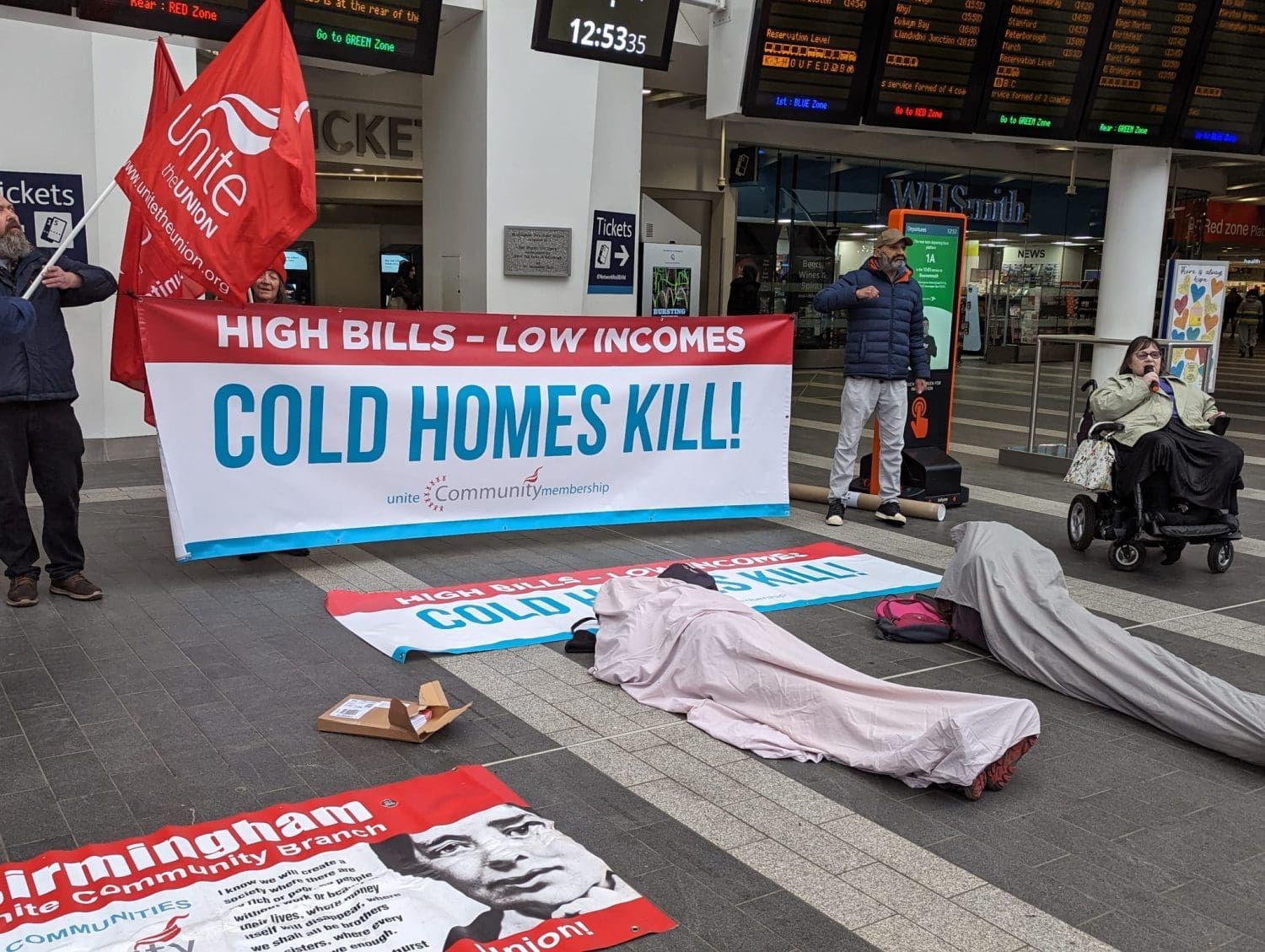
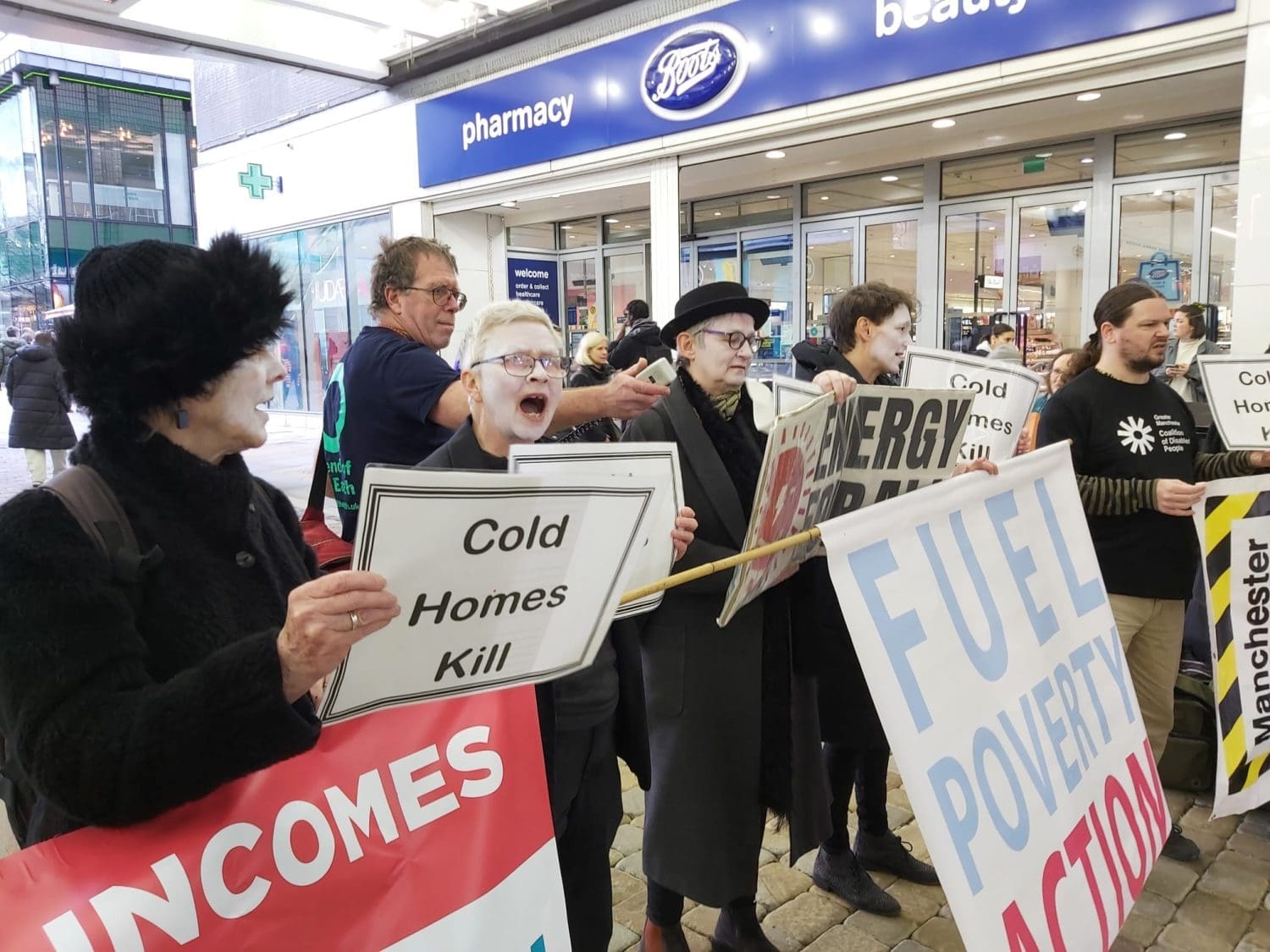
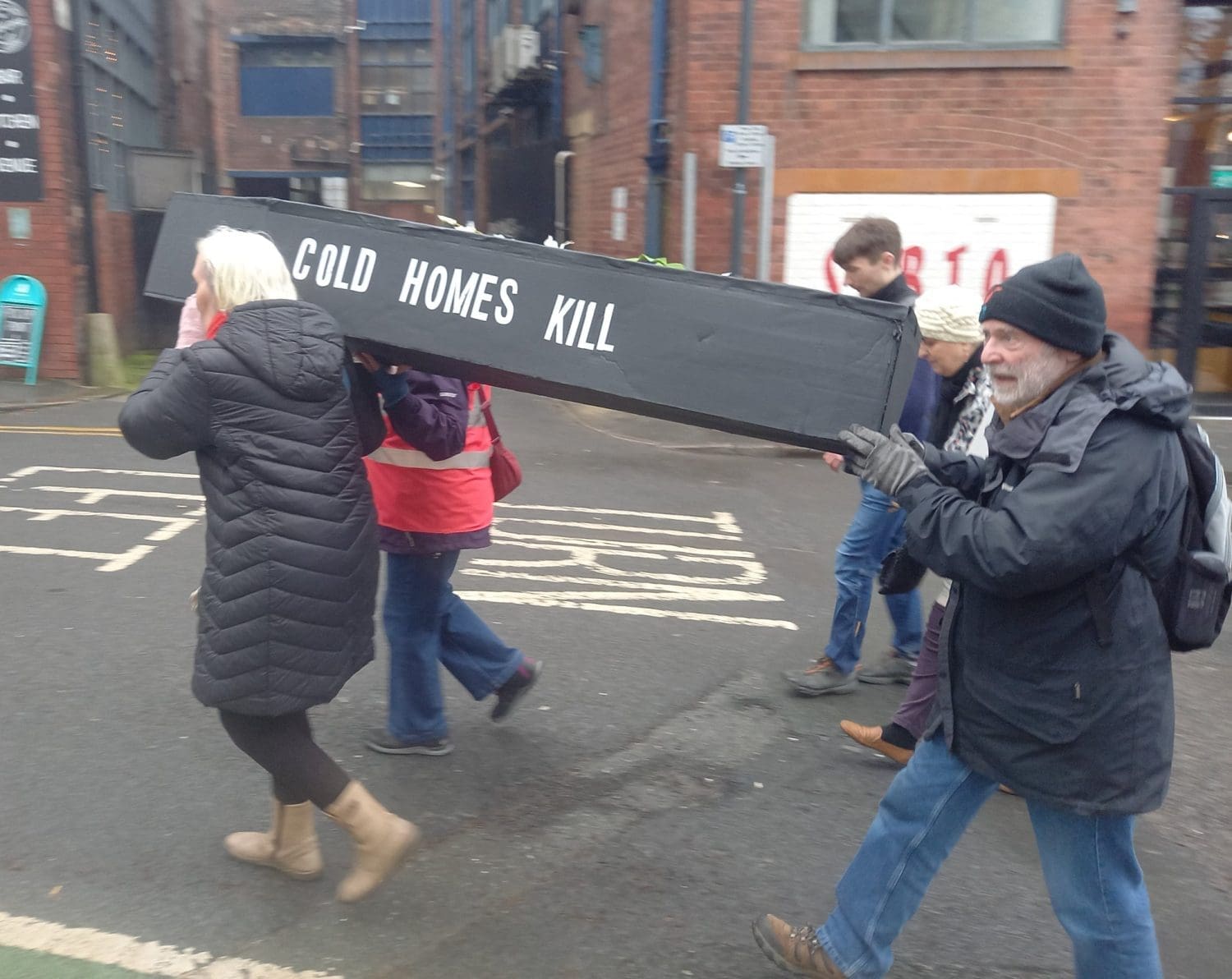
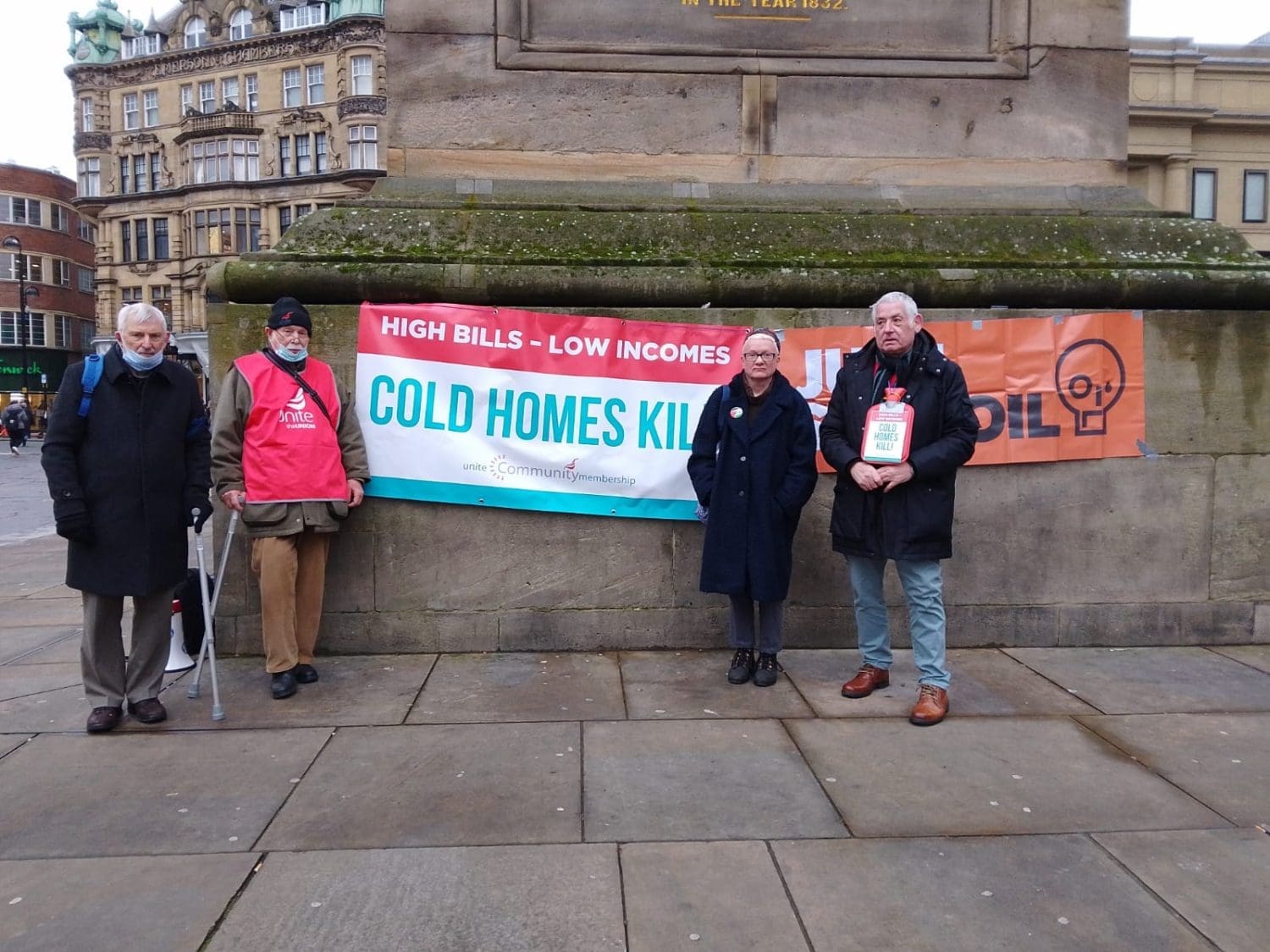
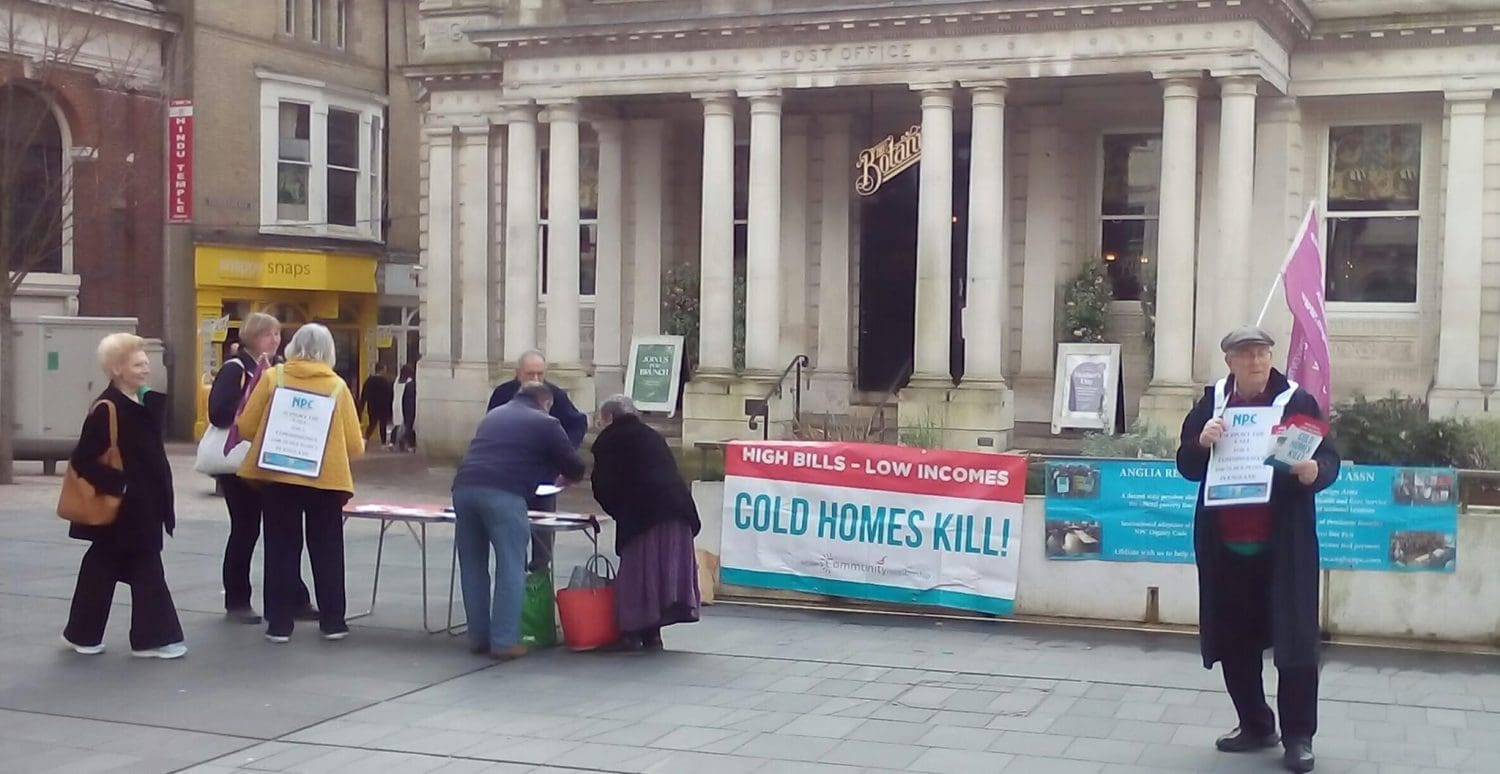
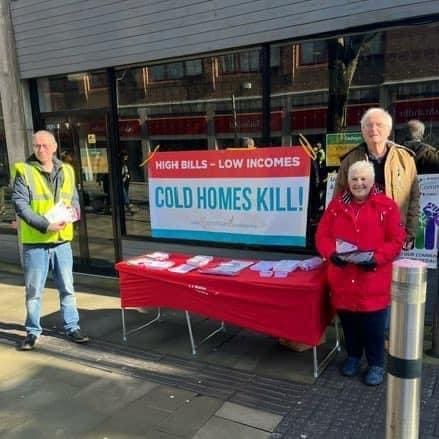
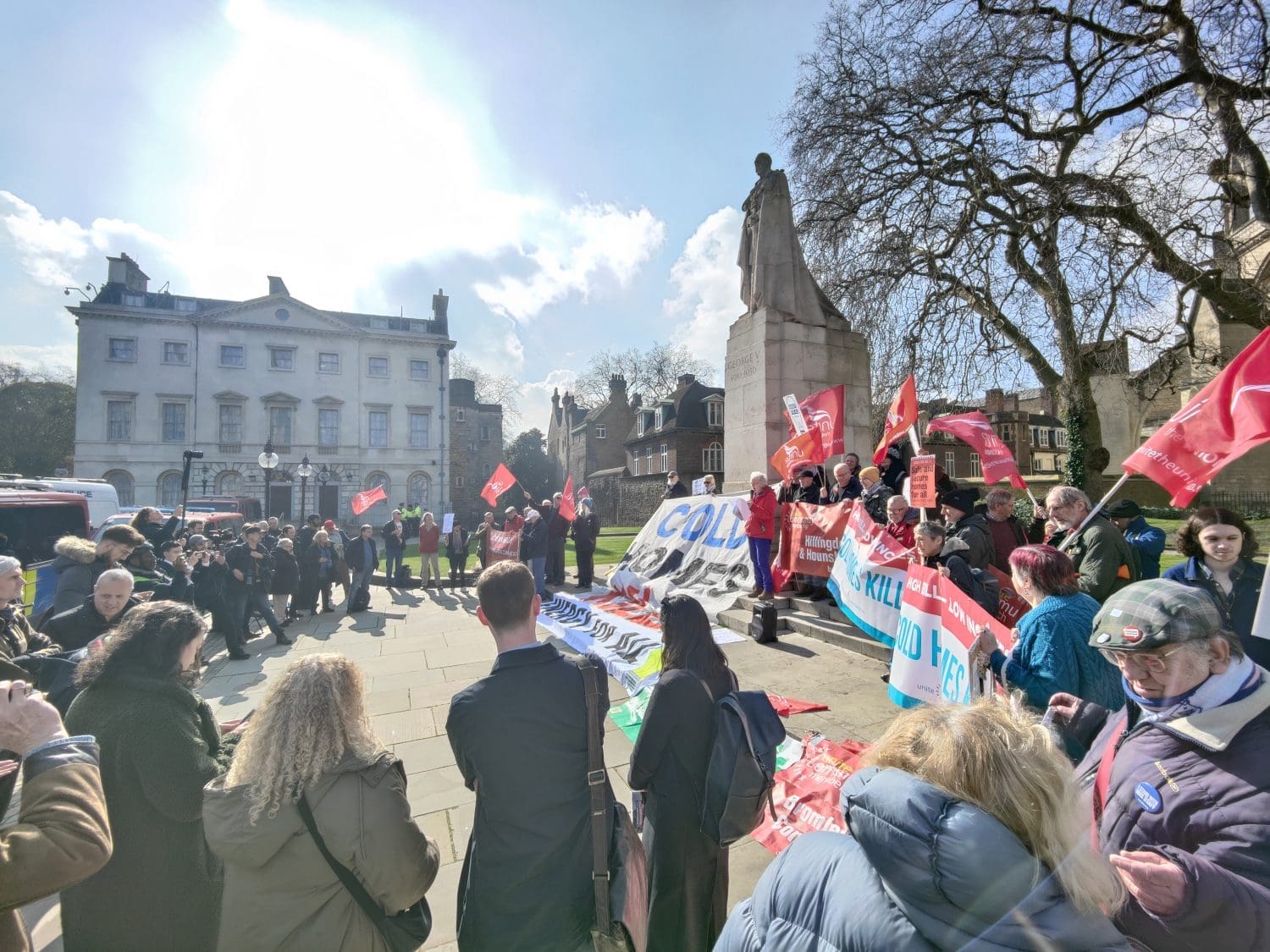
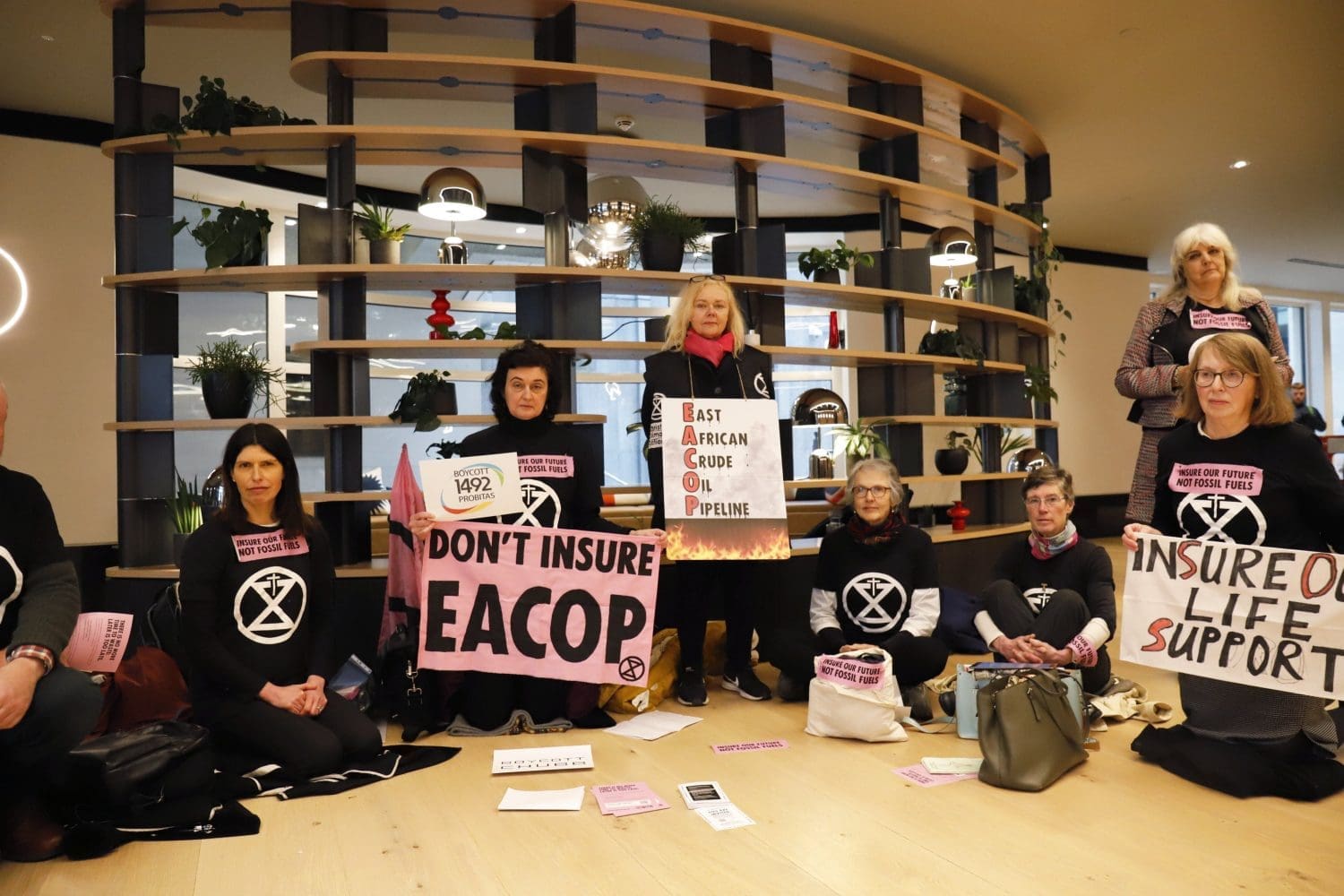
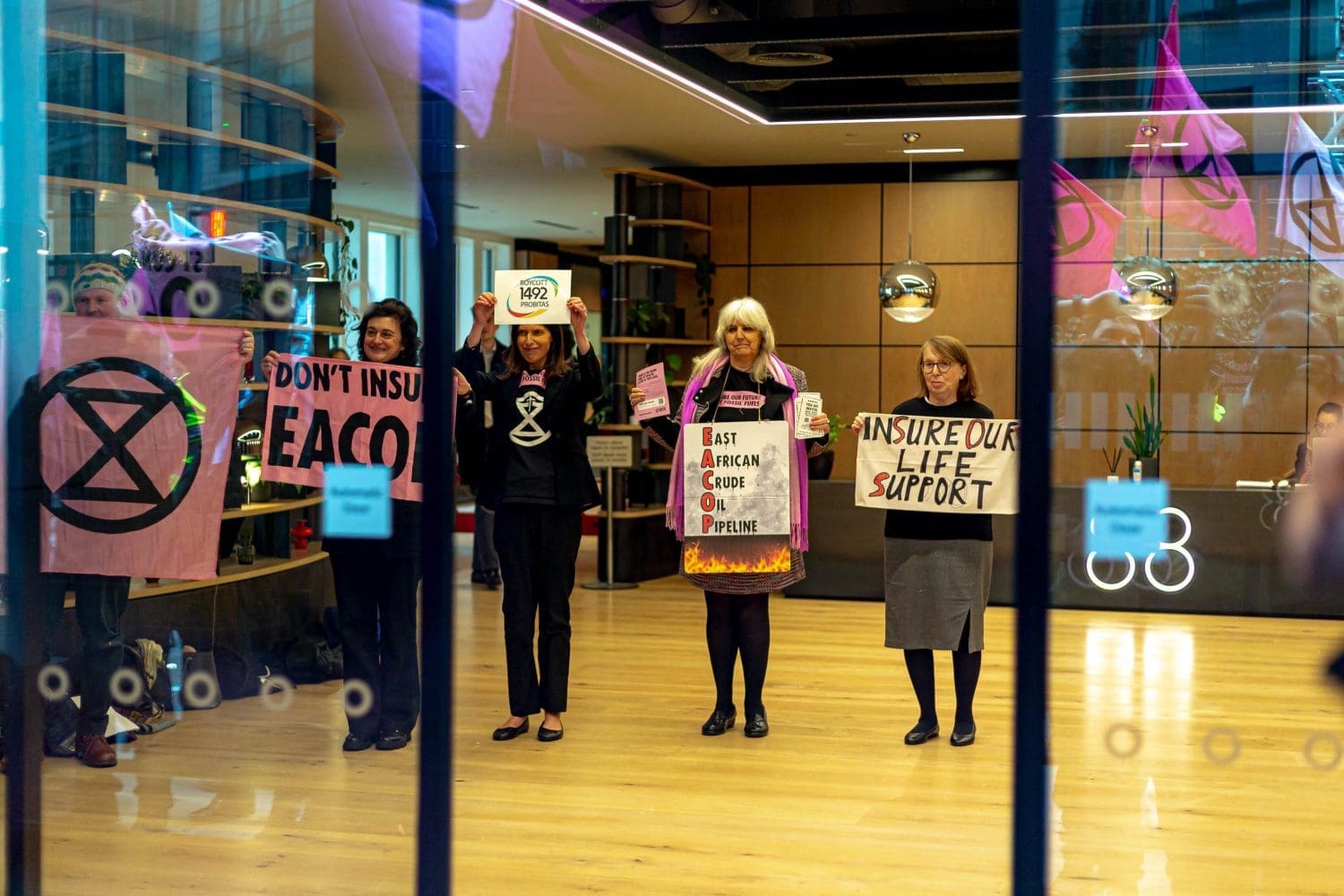
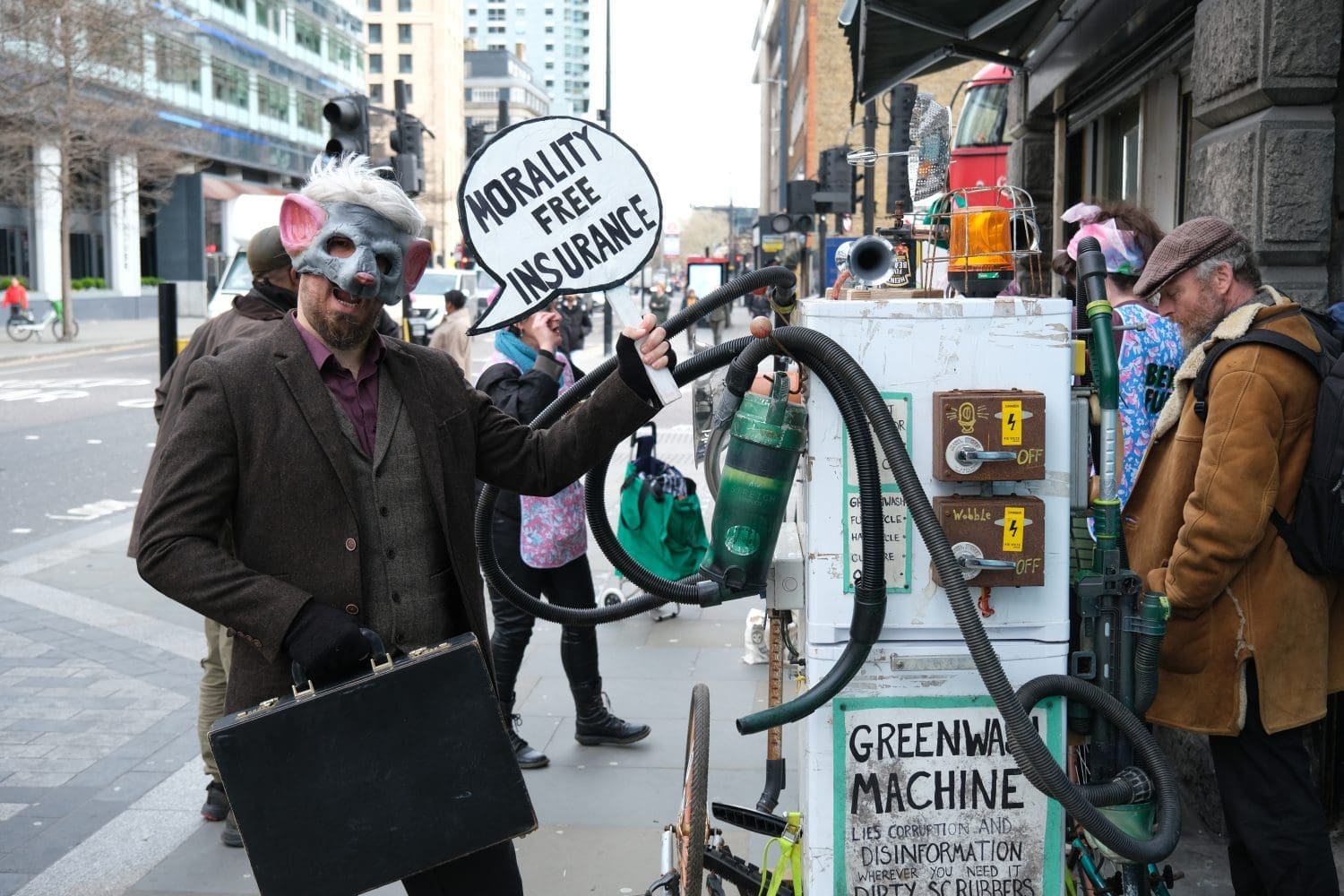
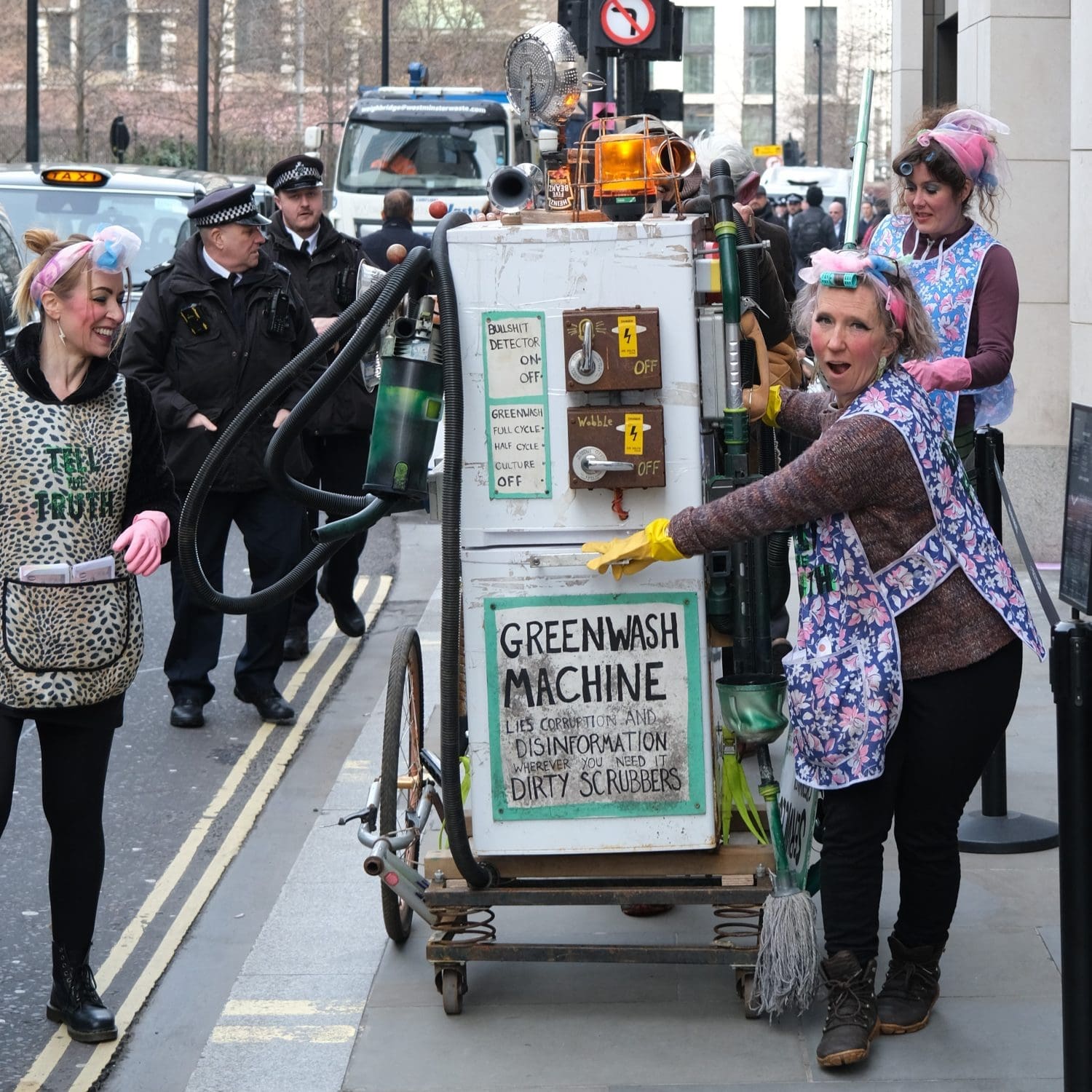
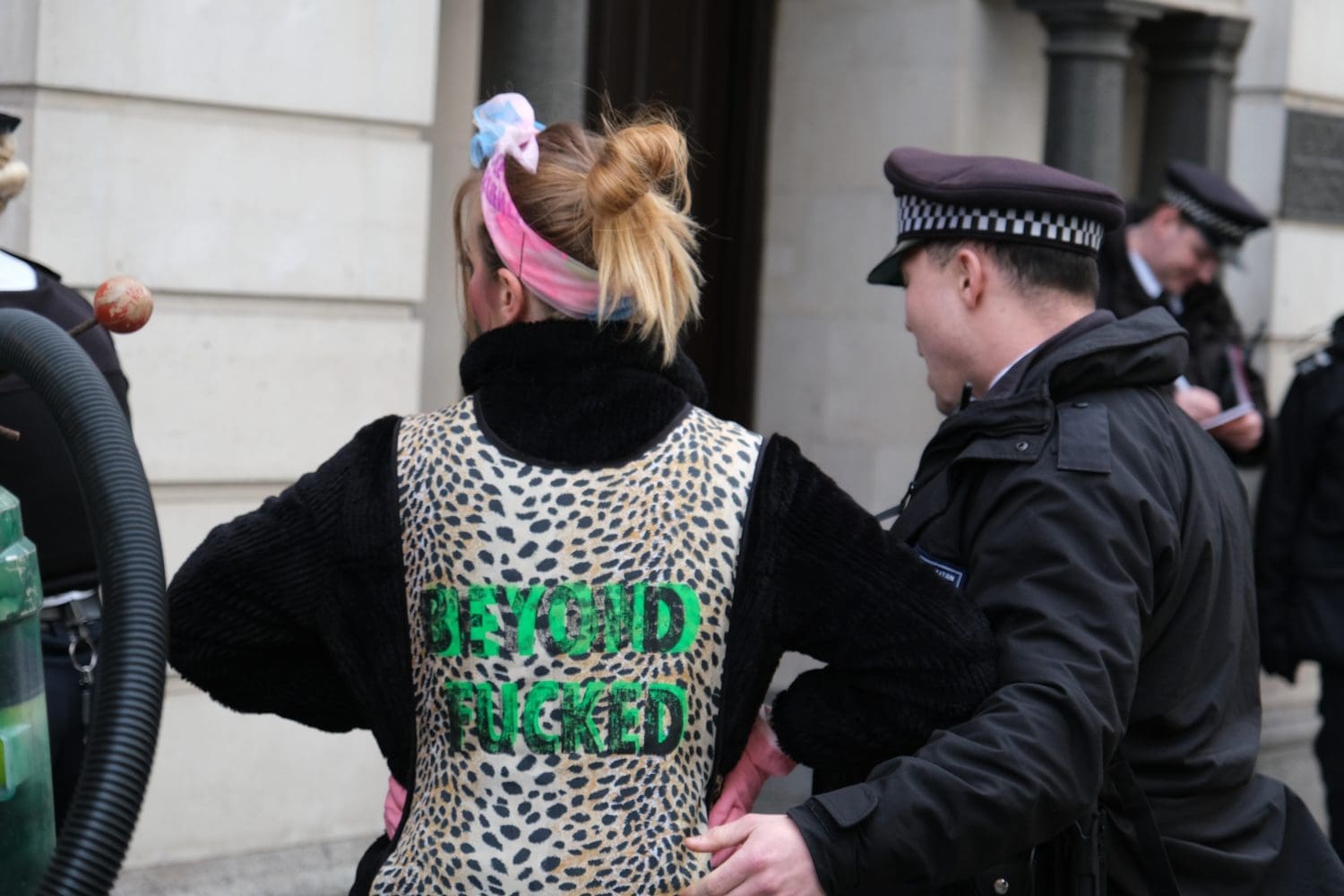
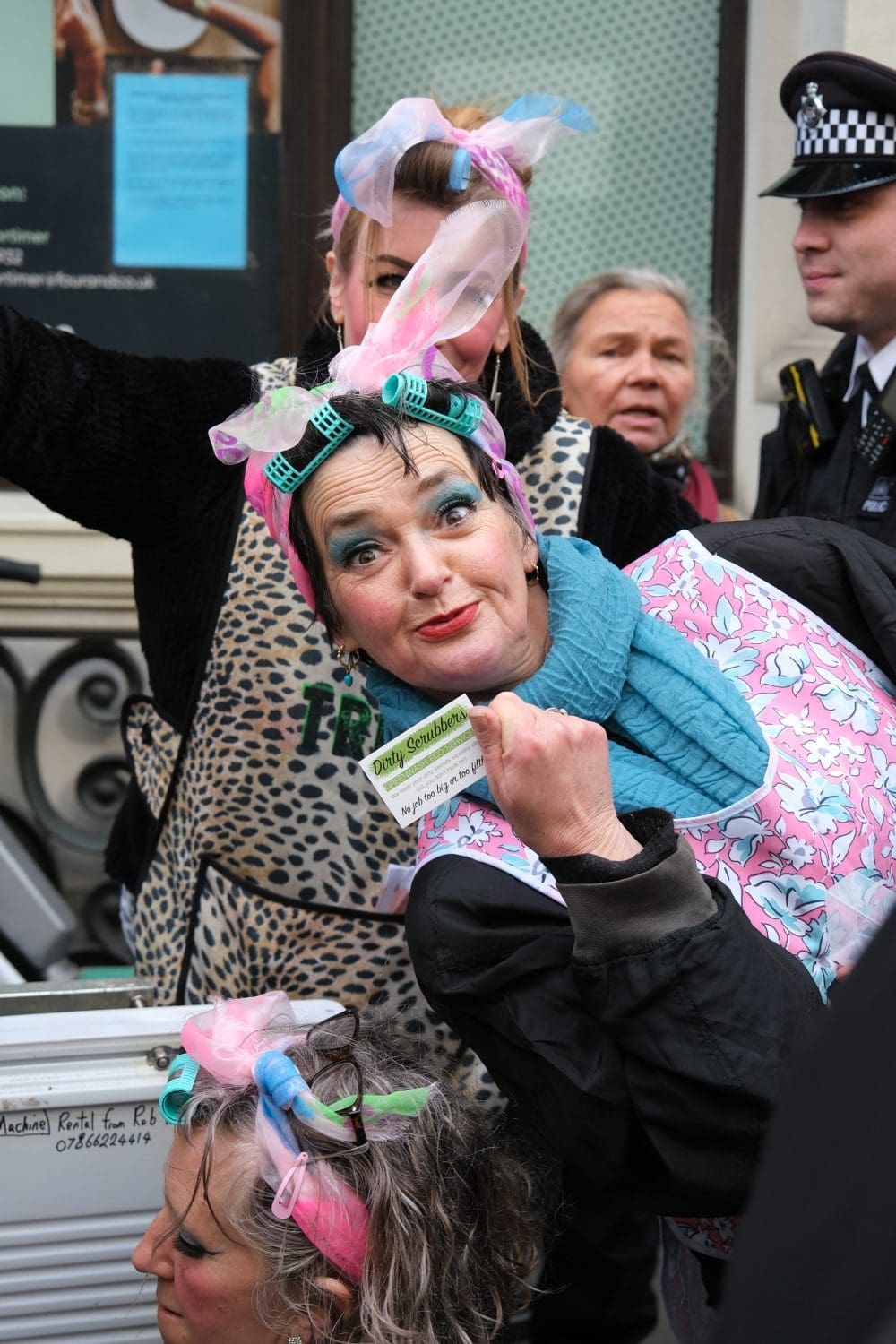
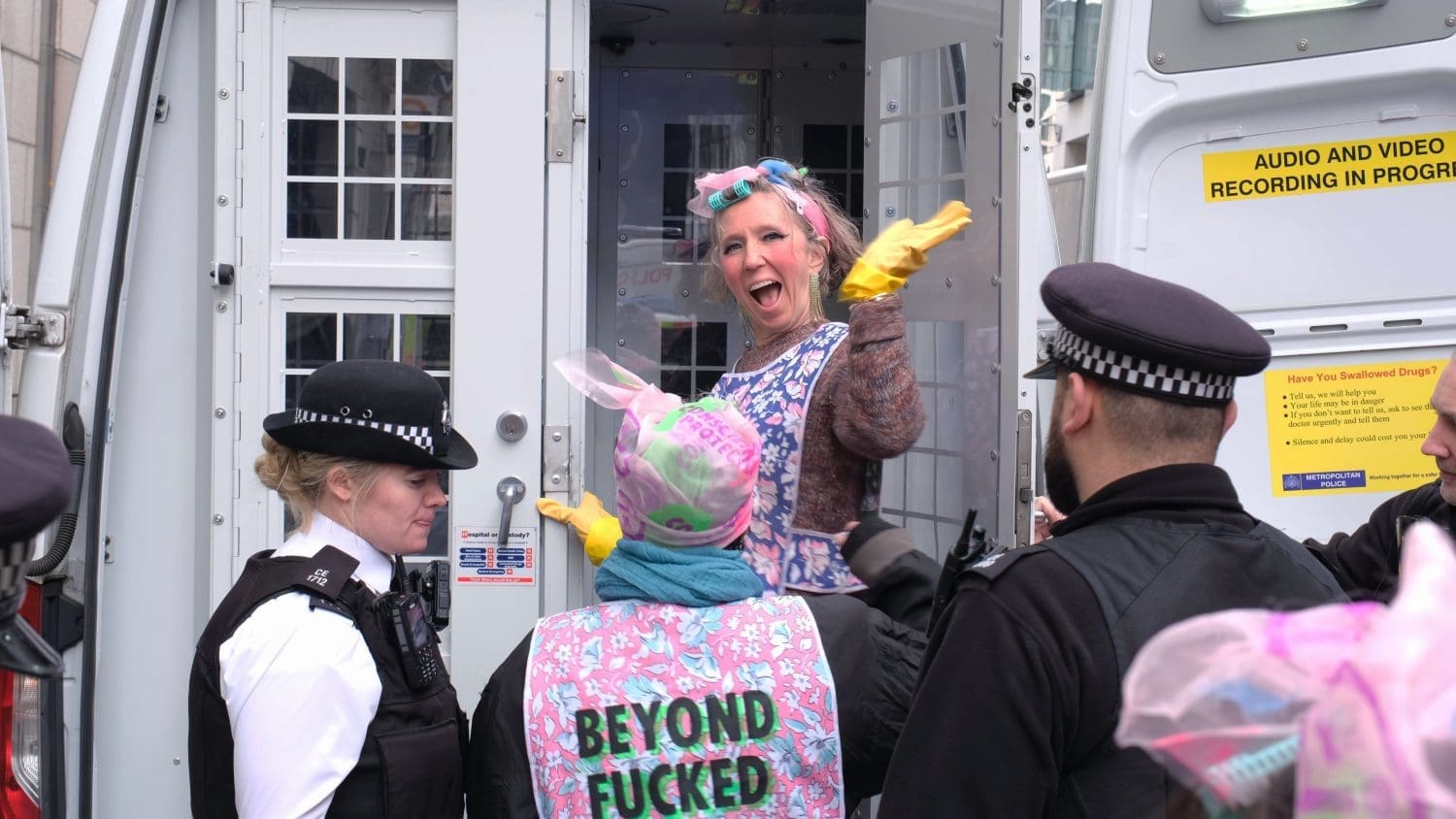
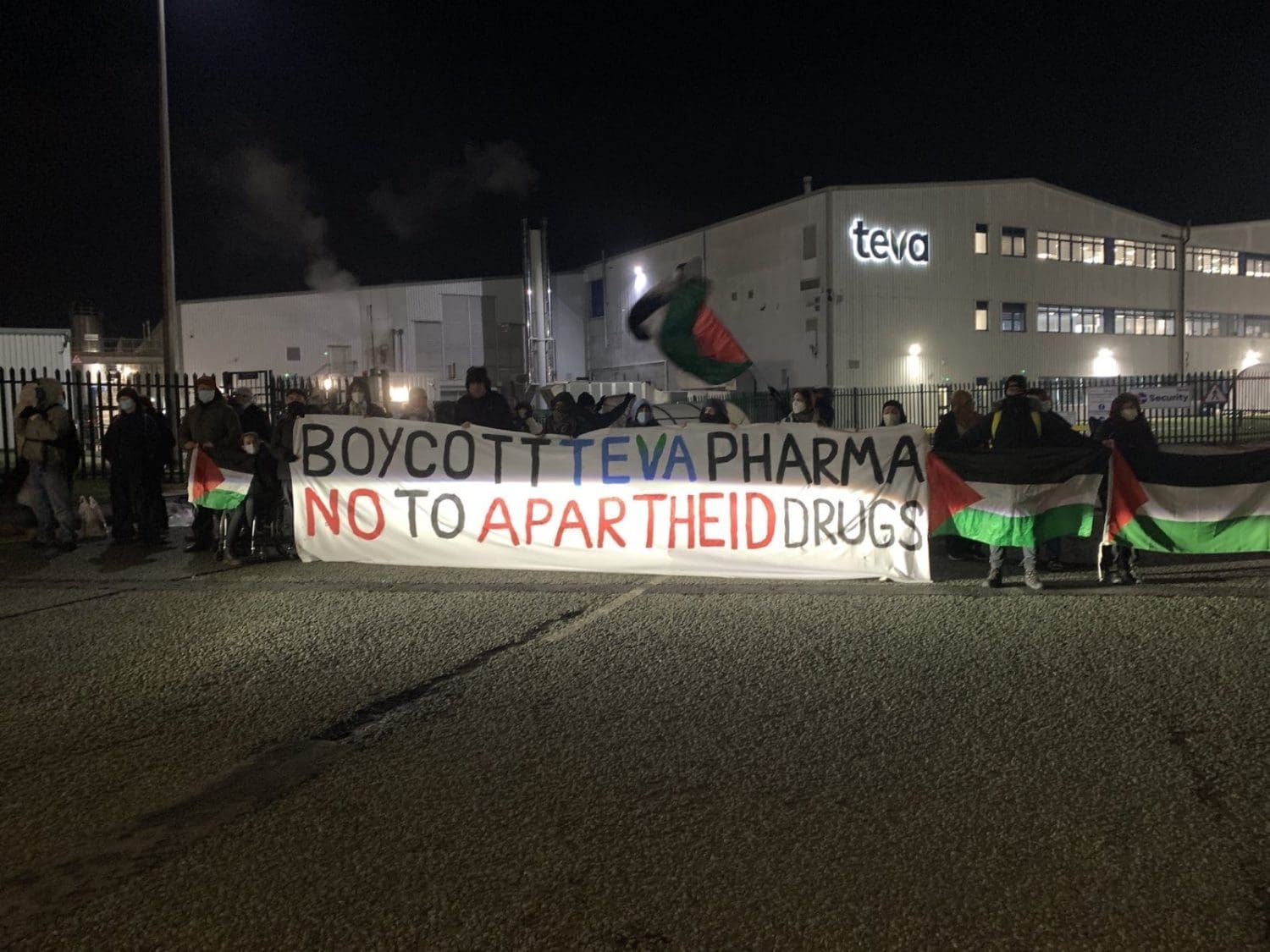
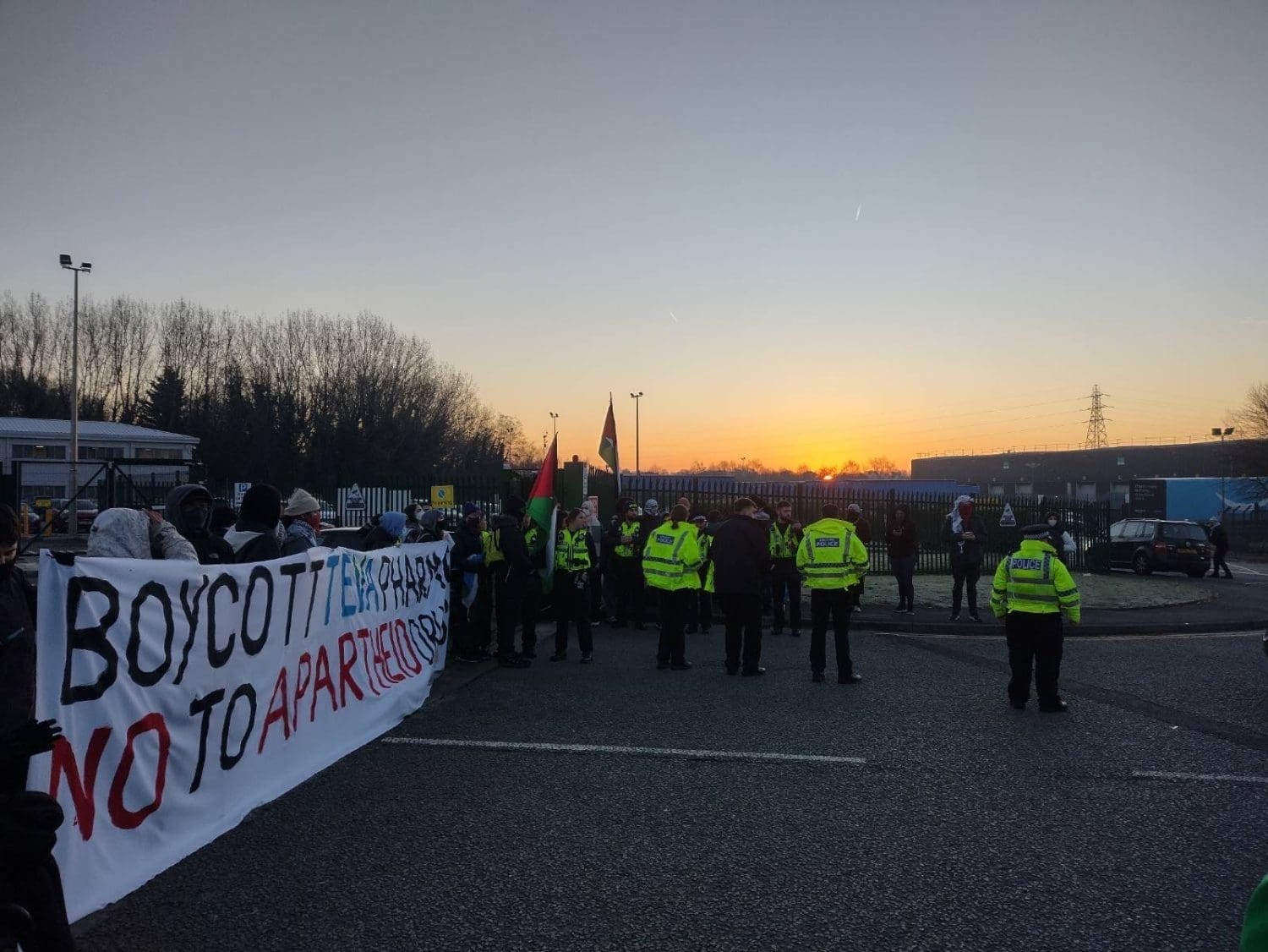
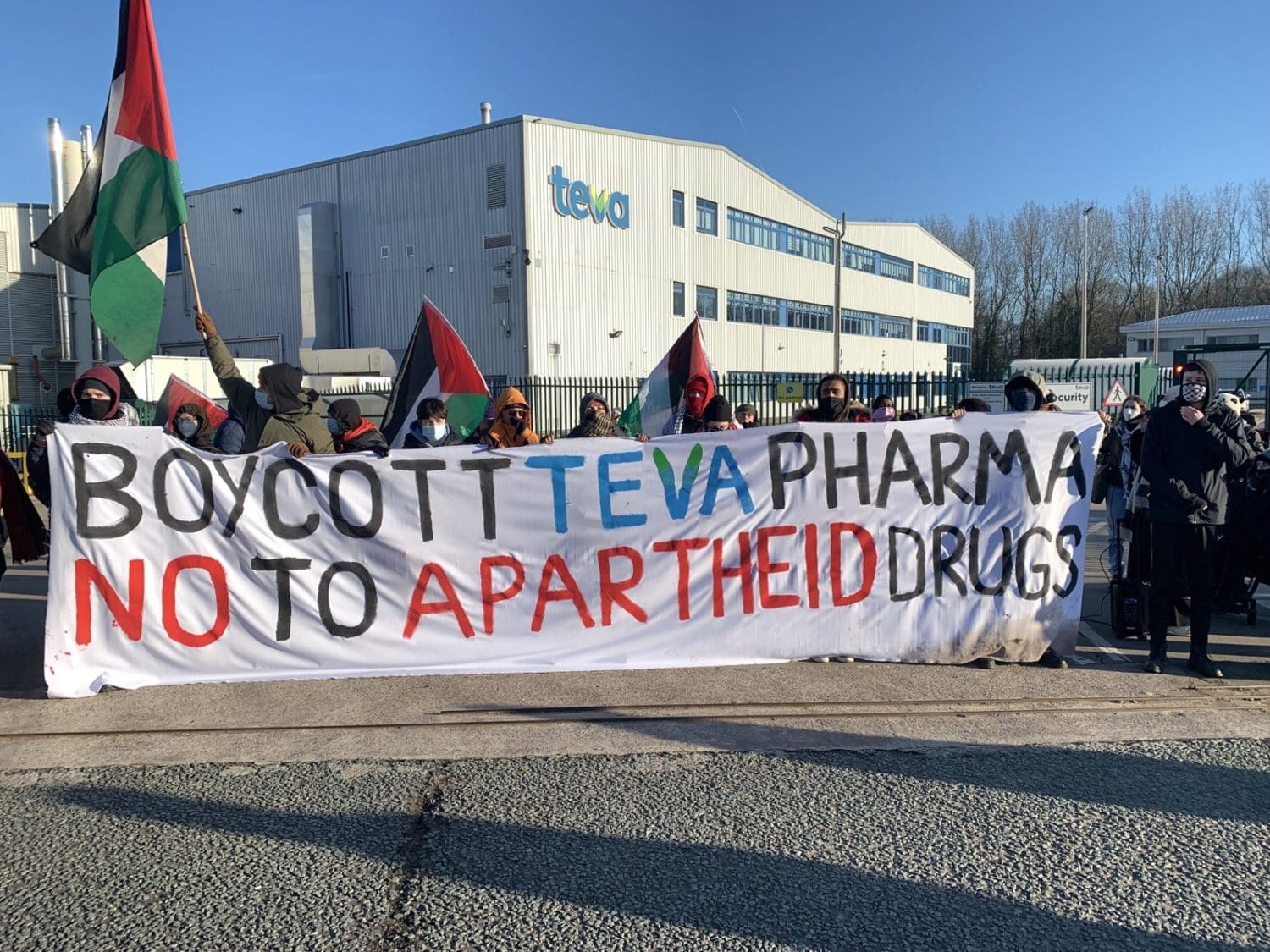
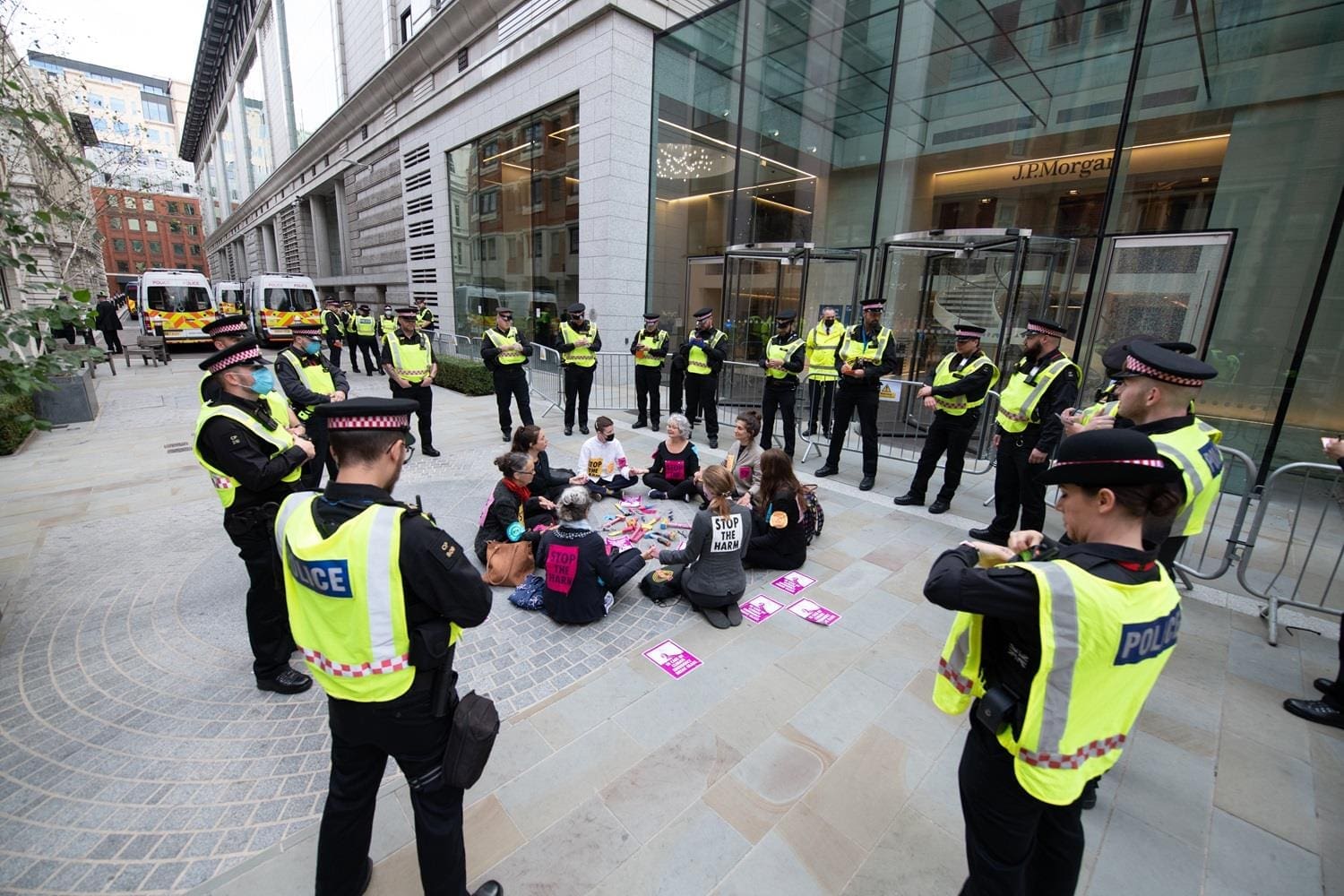
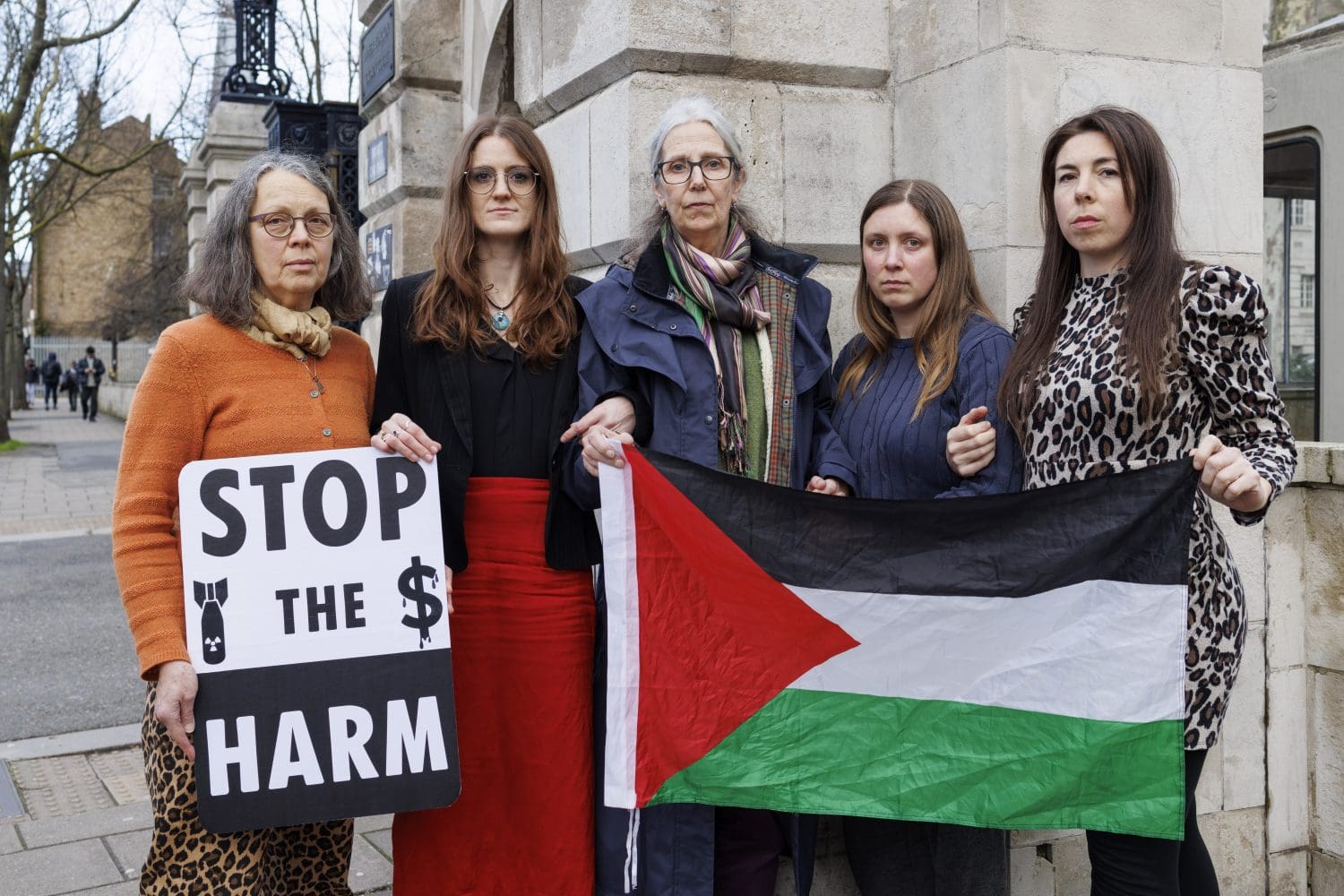

 (@LeftieStats)
(@LeftieStats)  (@NewhamIndParty)
(@NewhamIndParty) 
